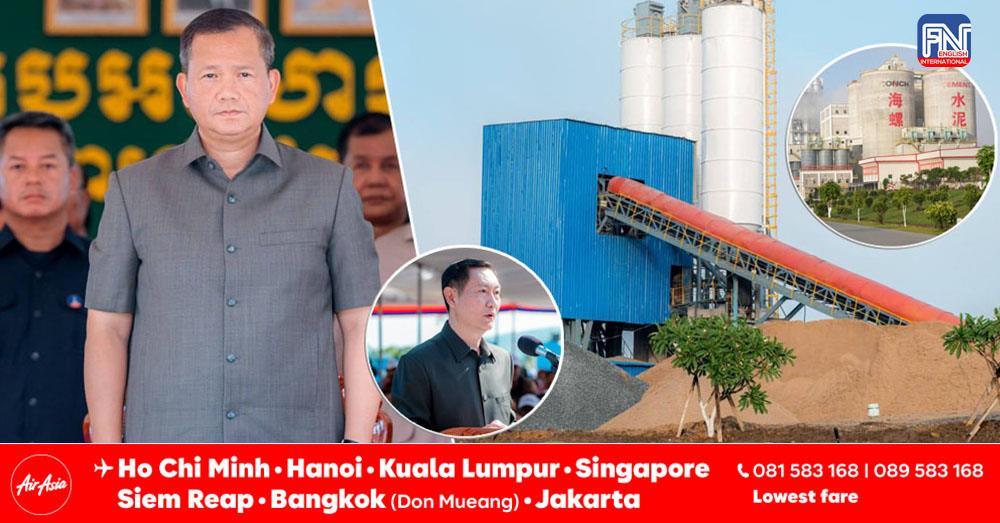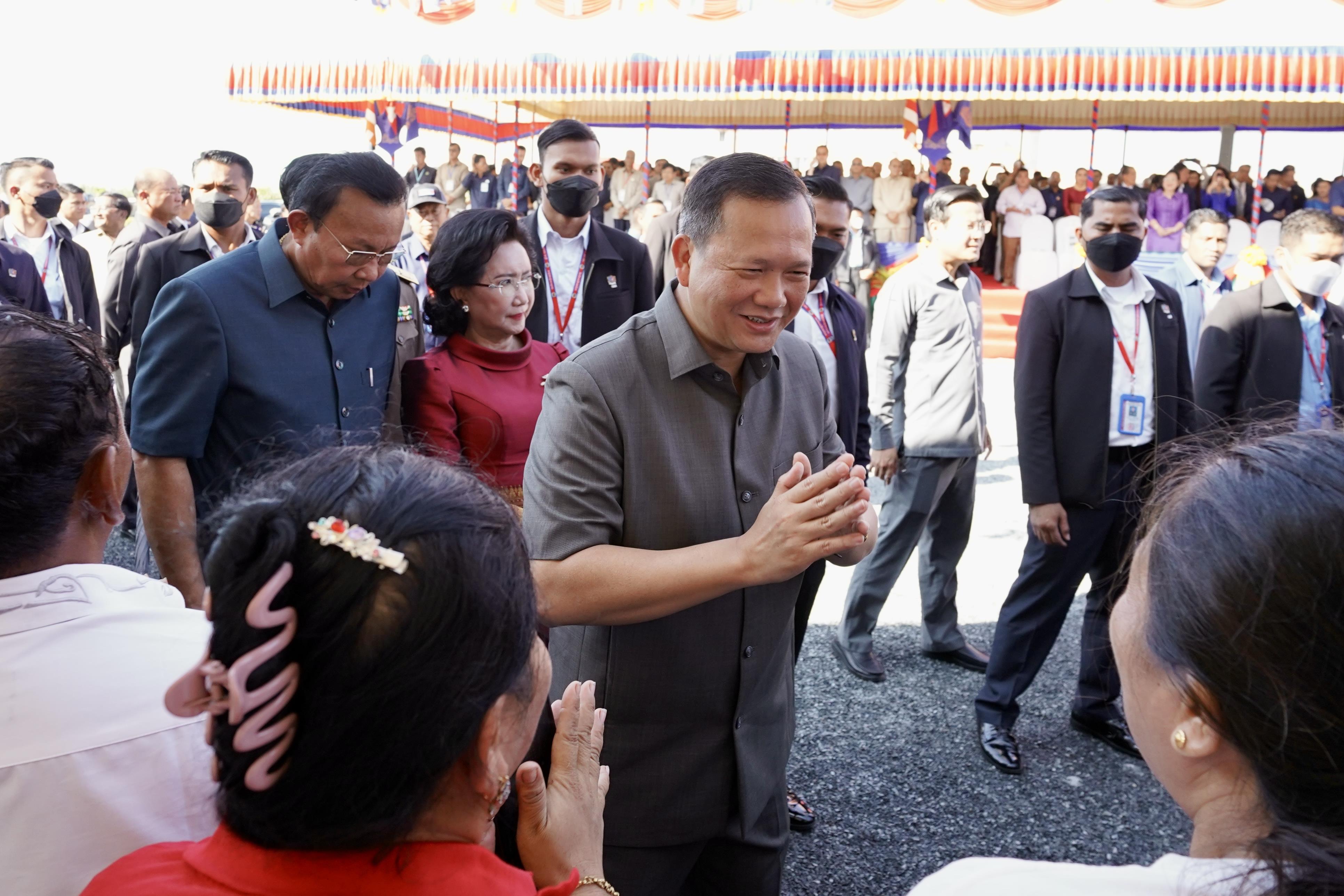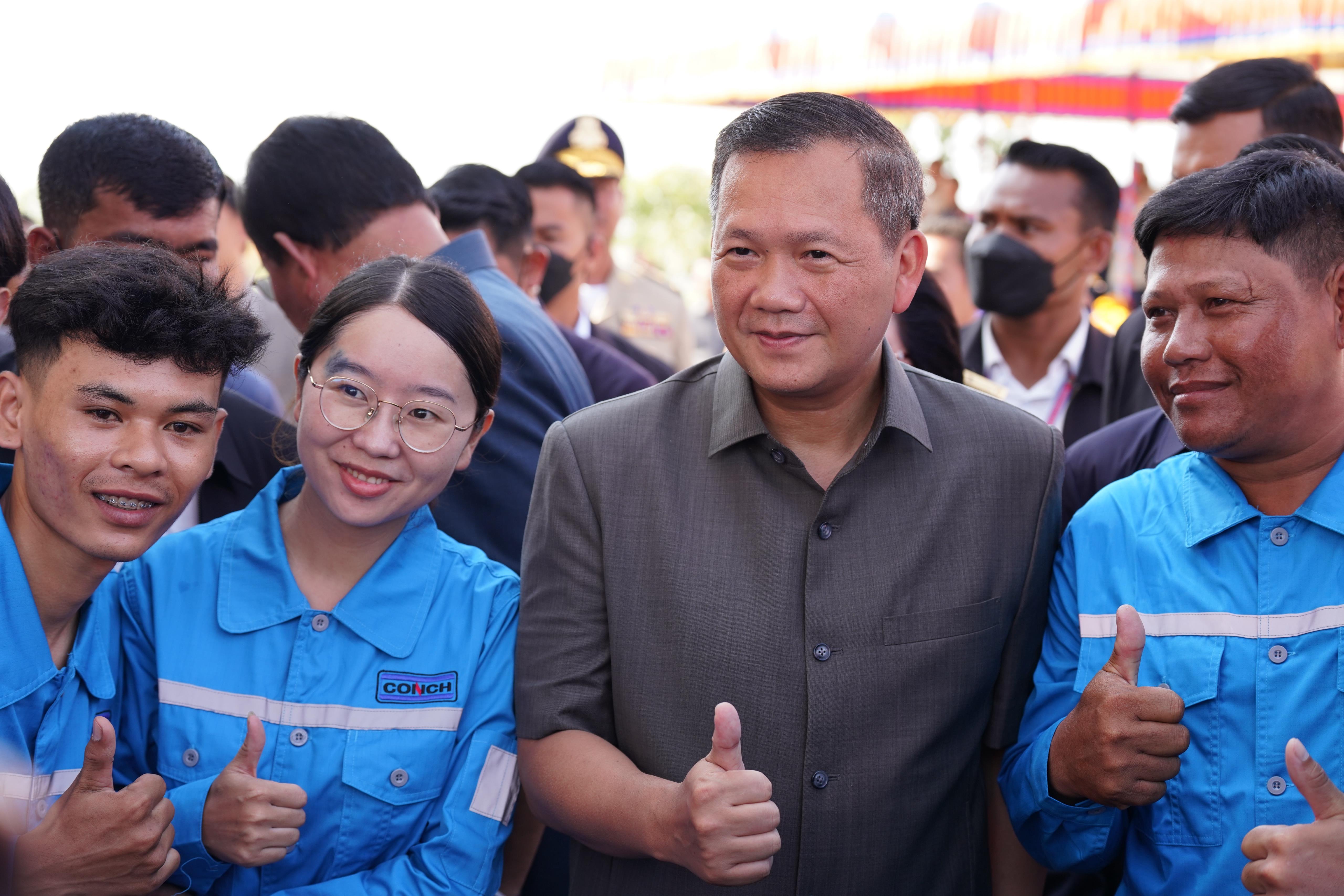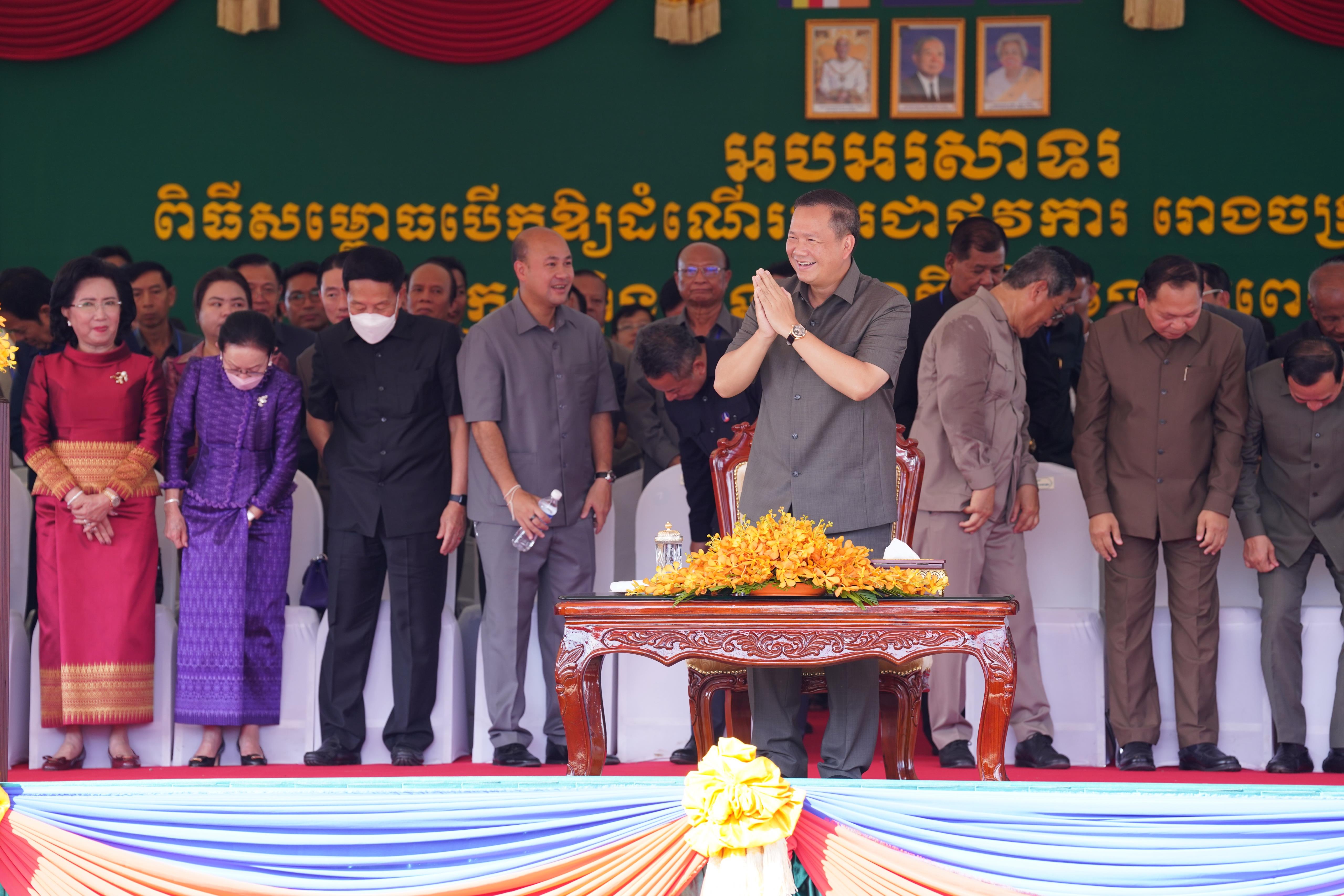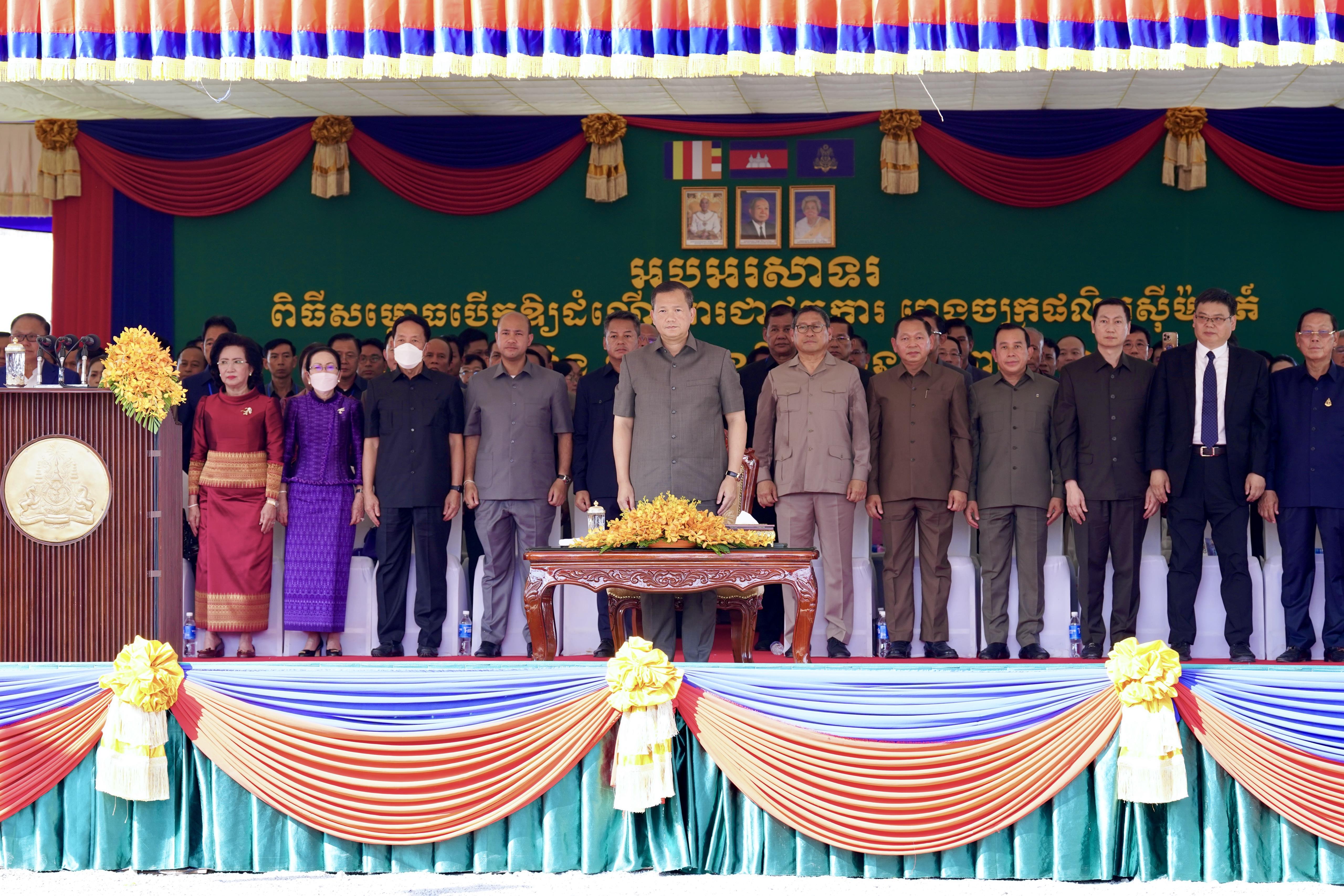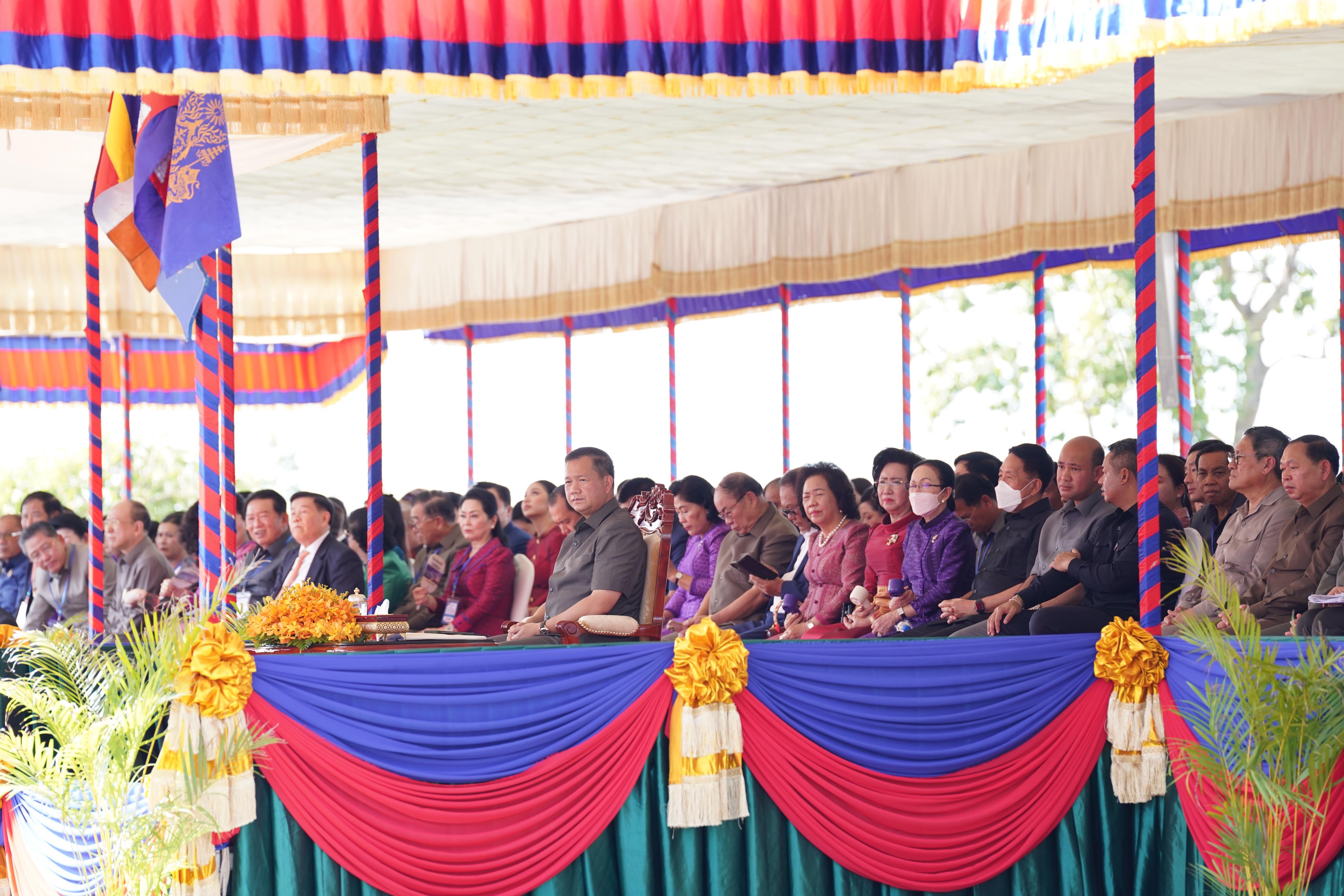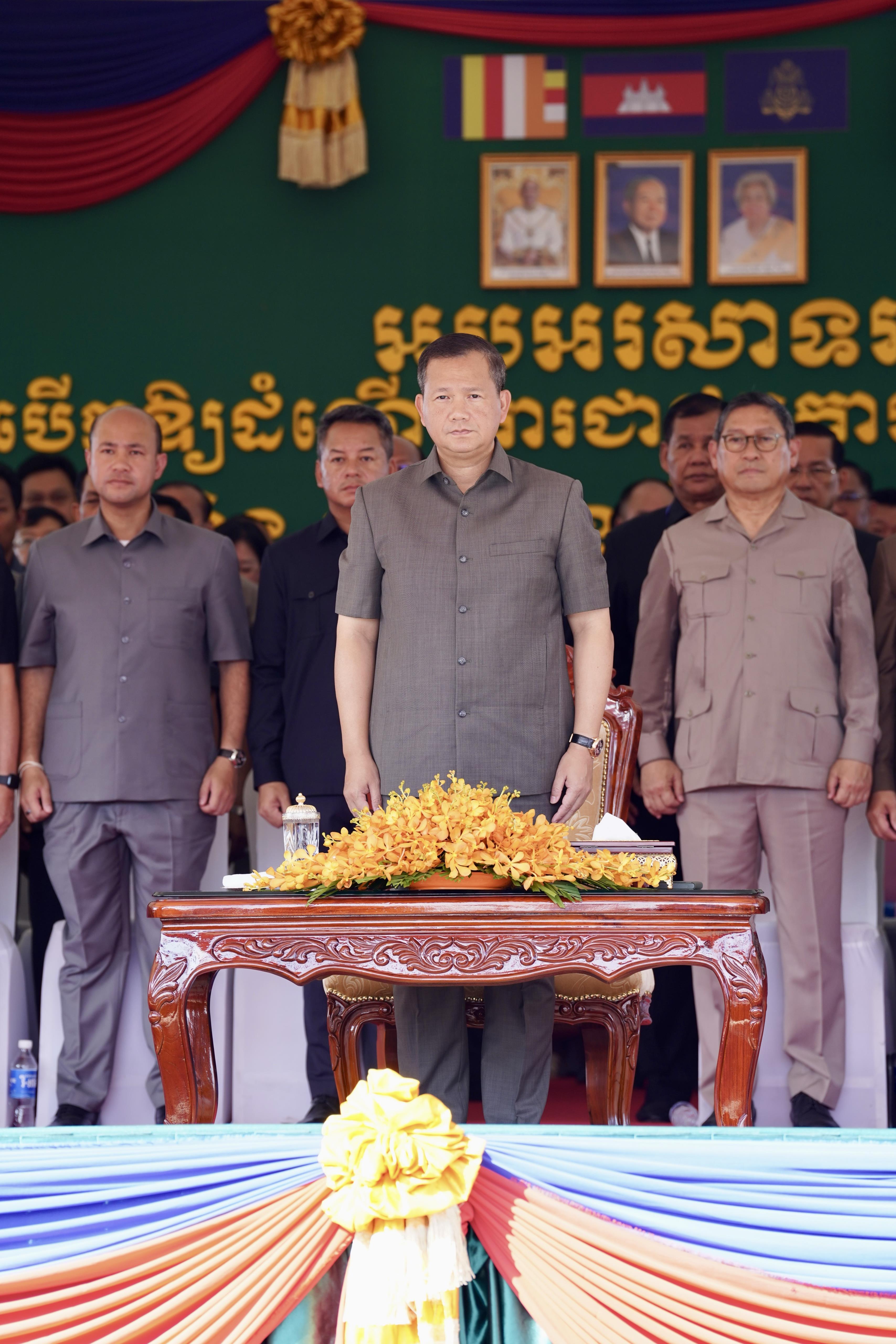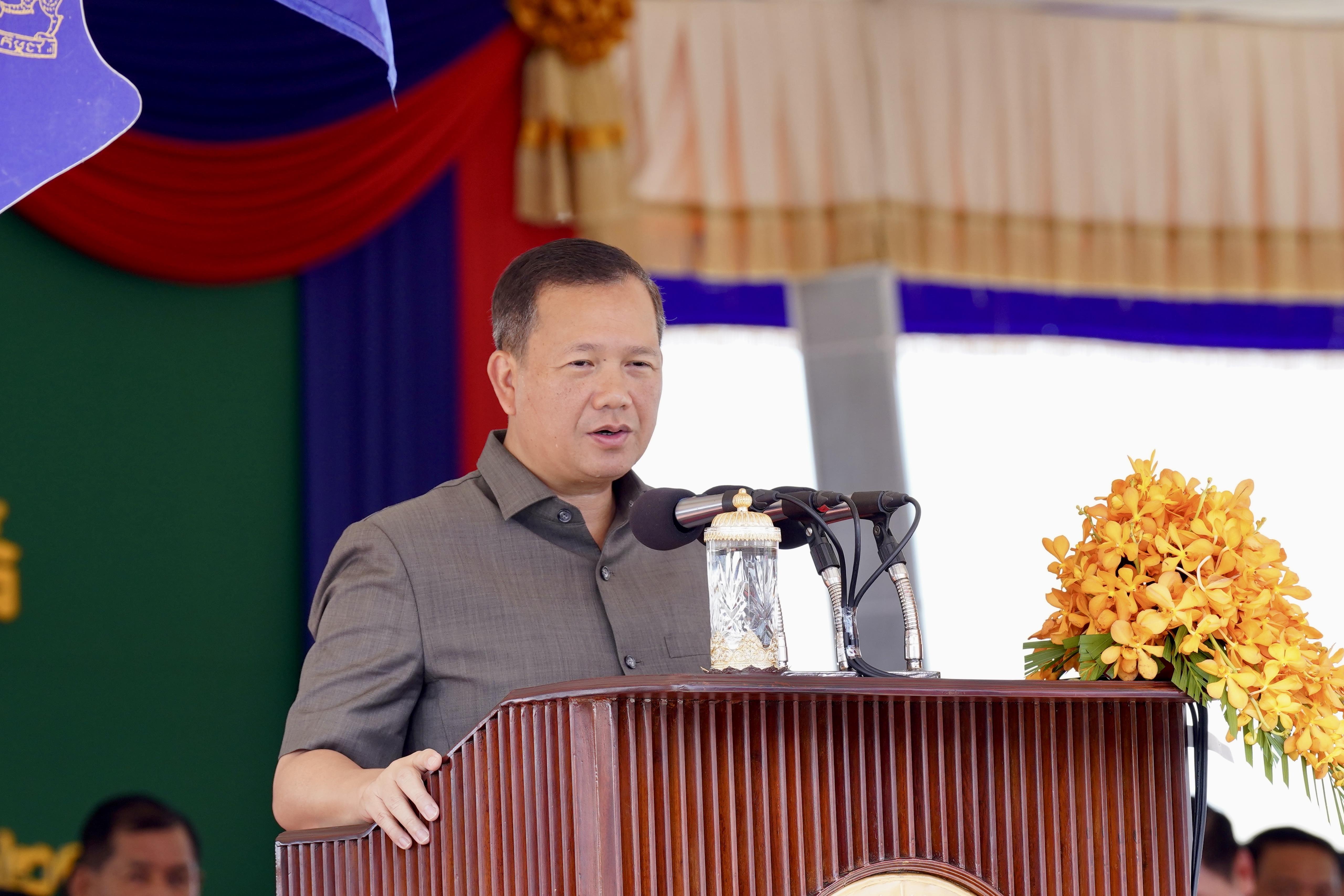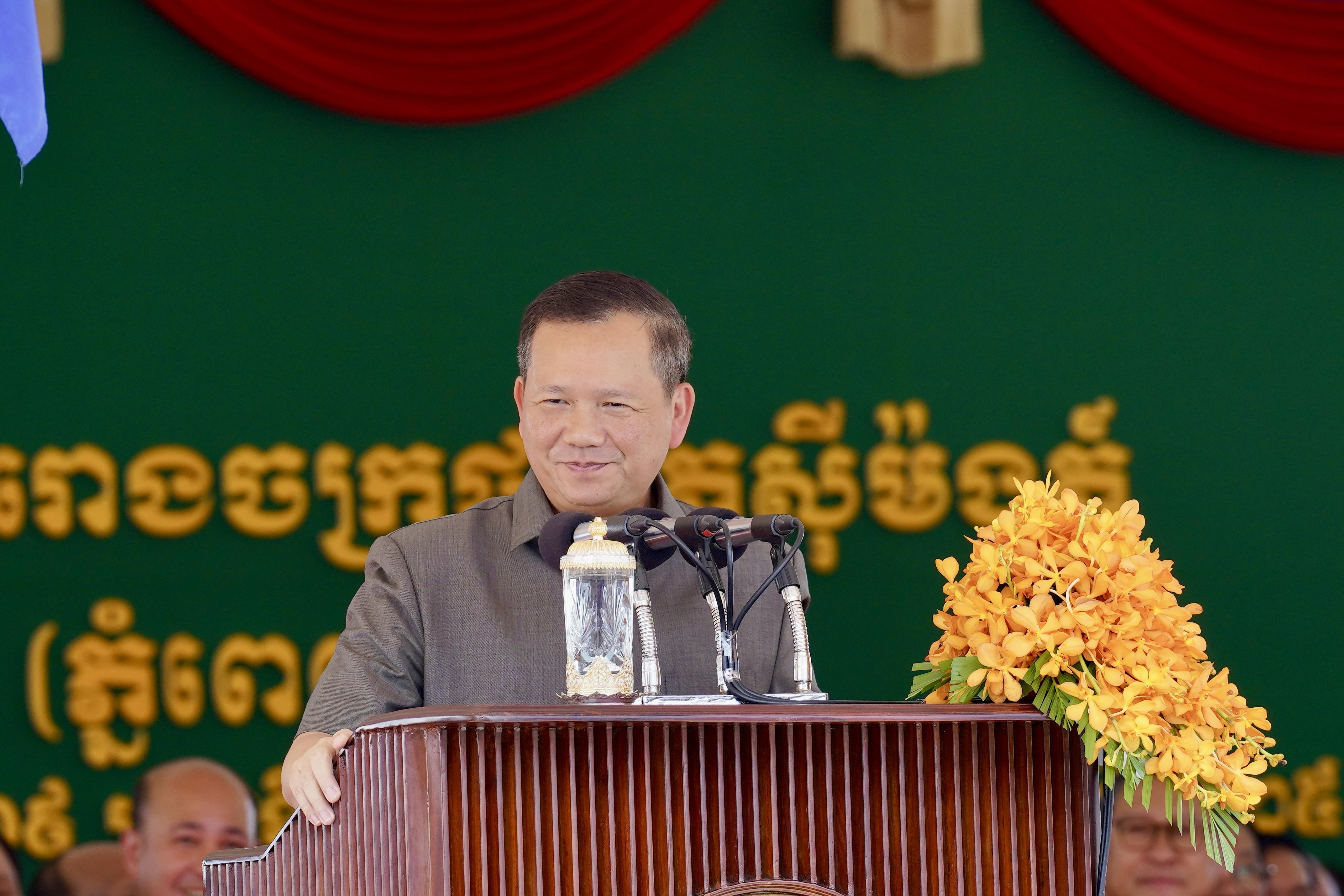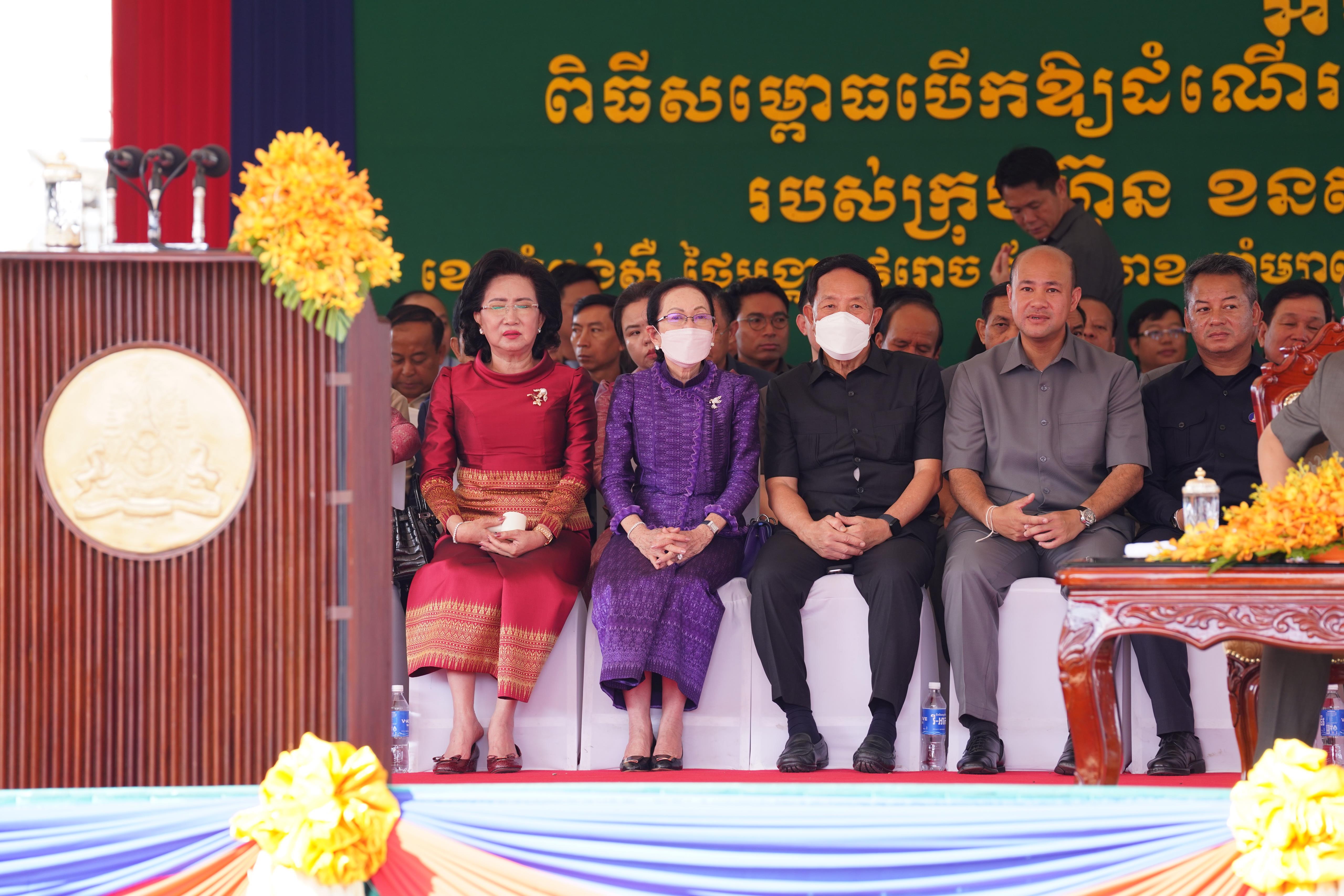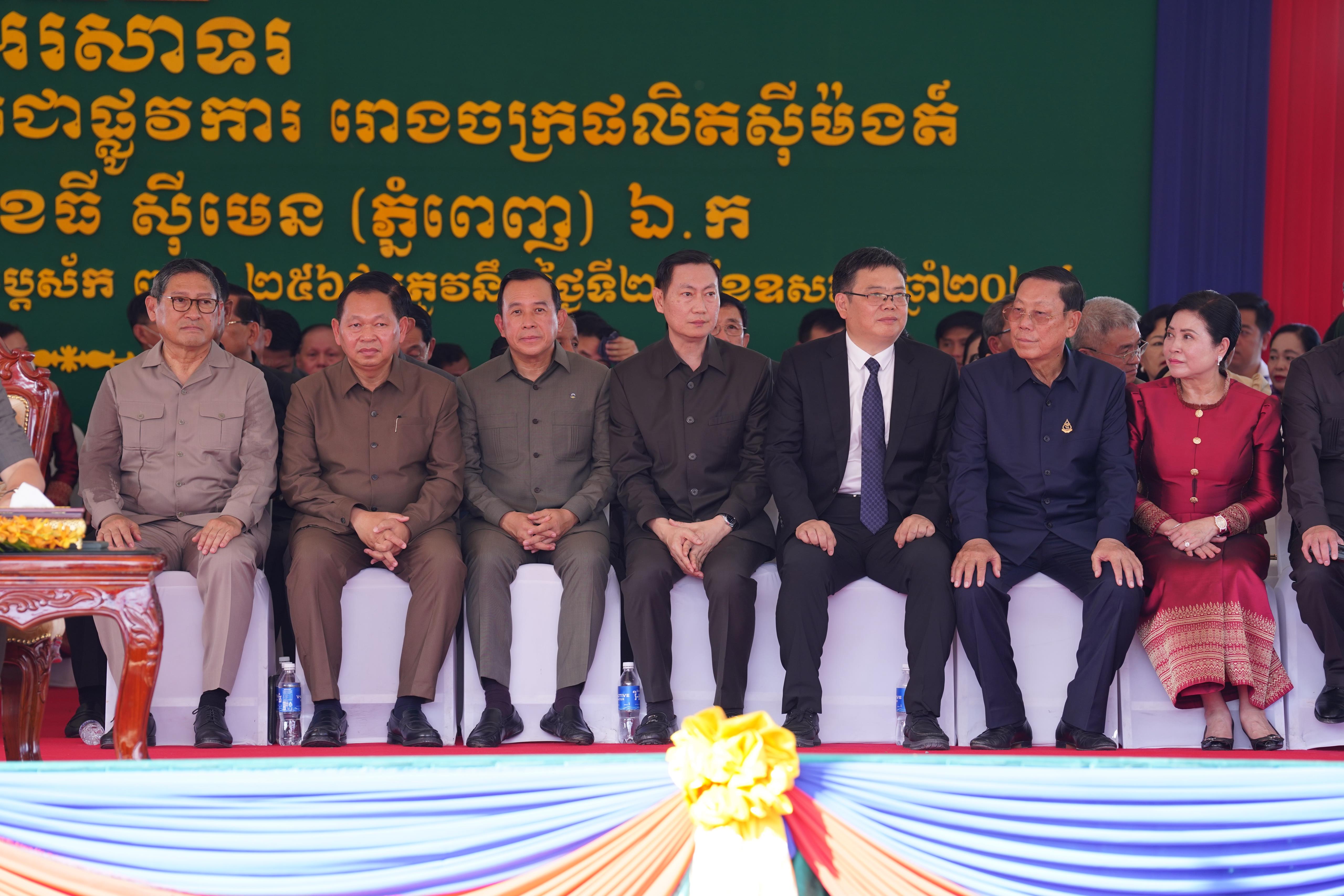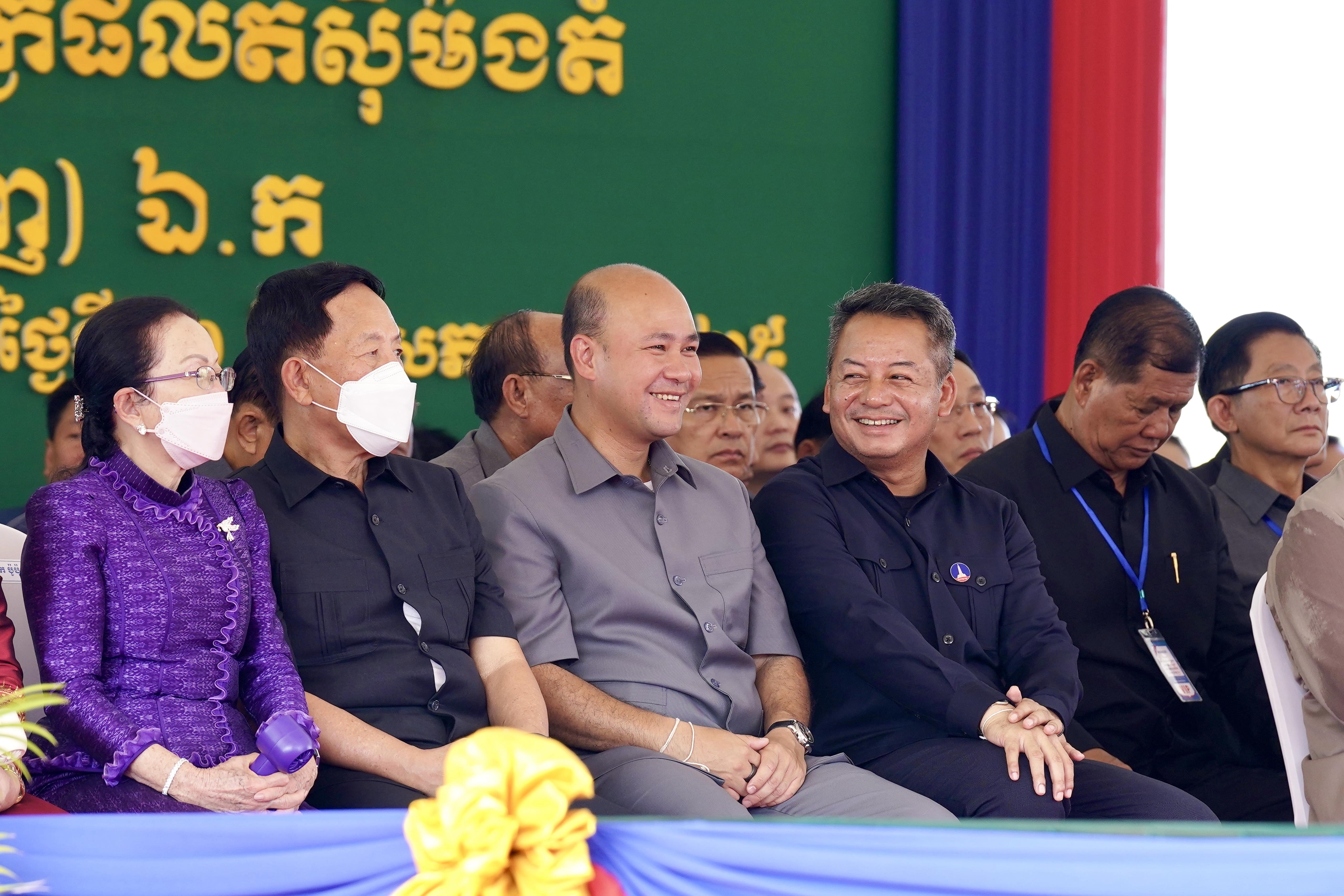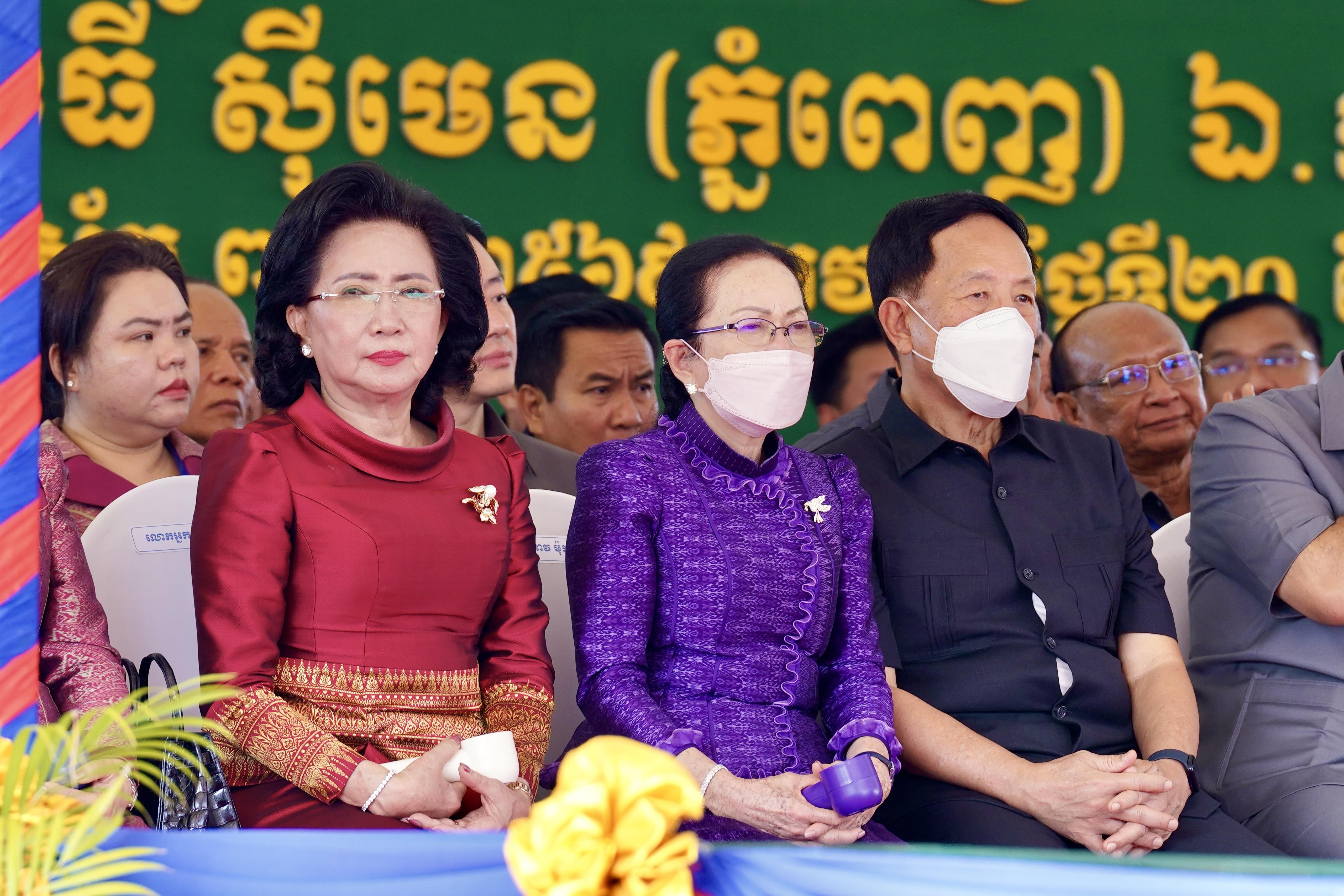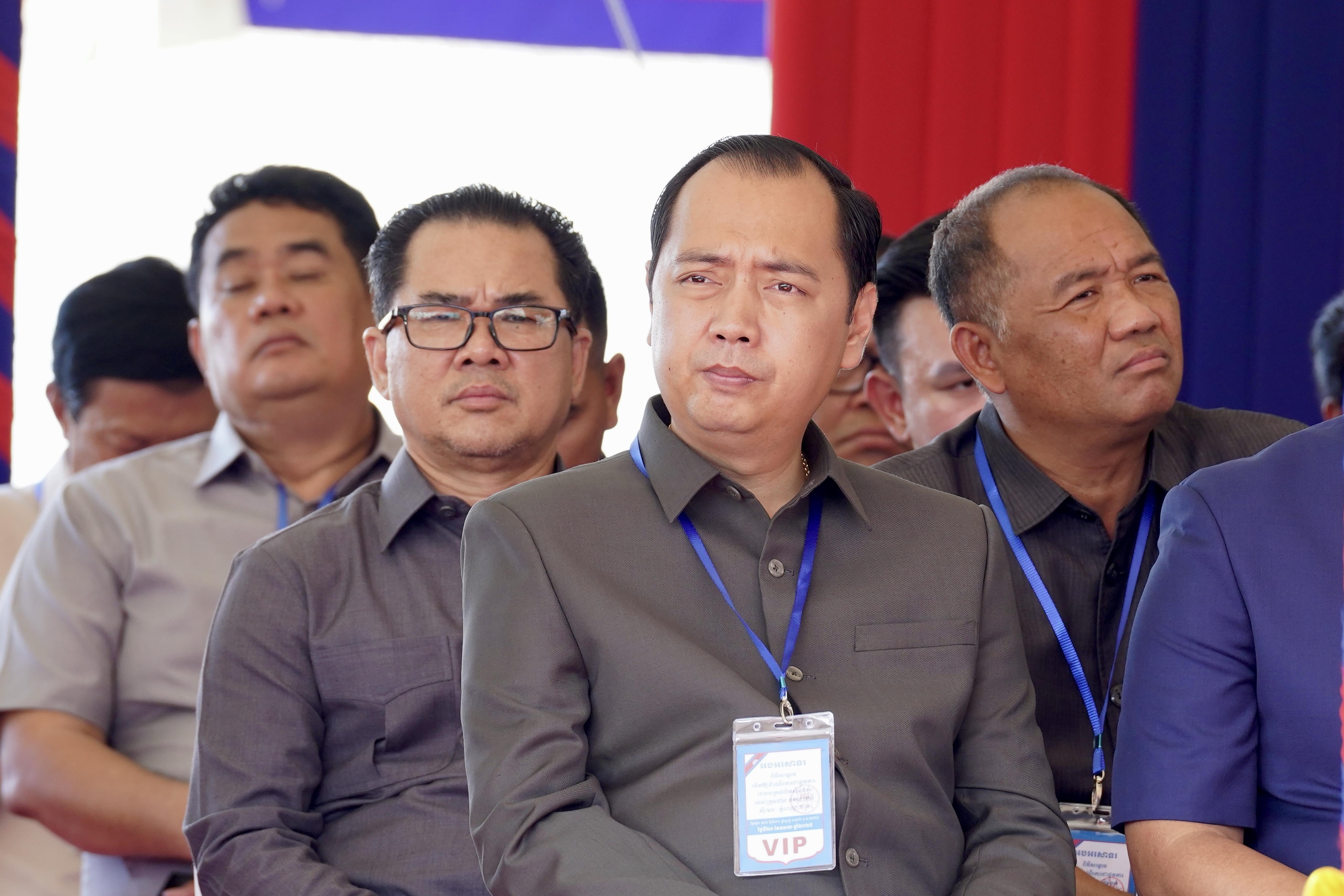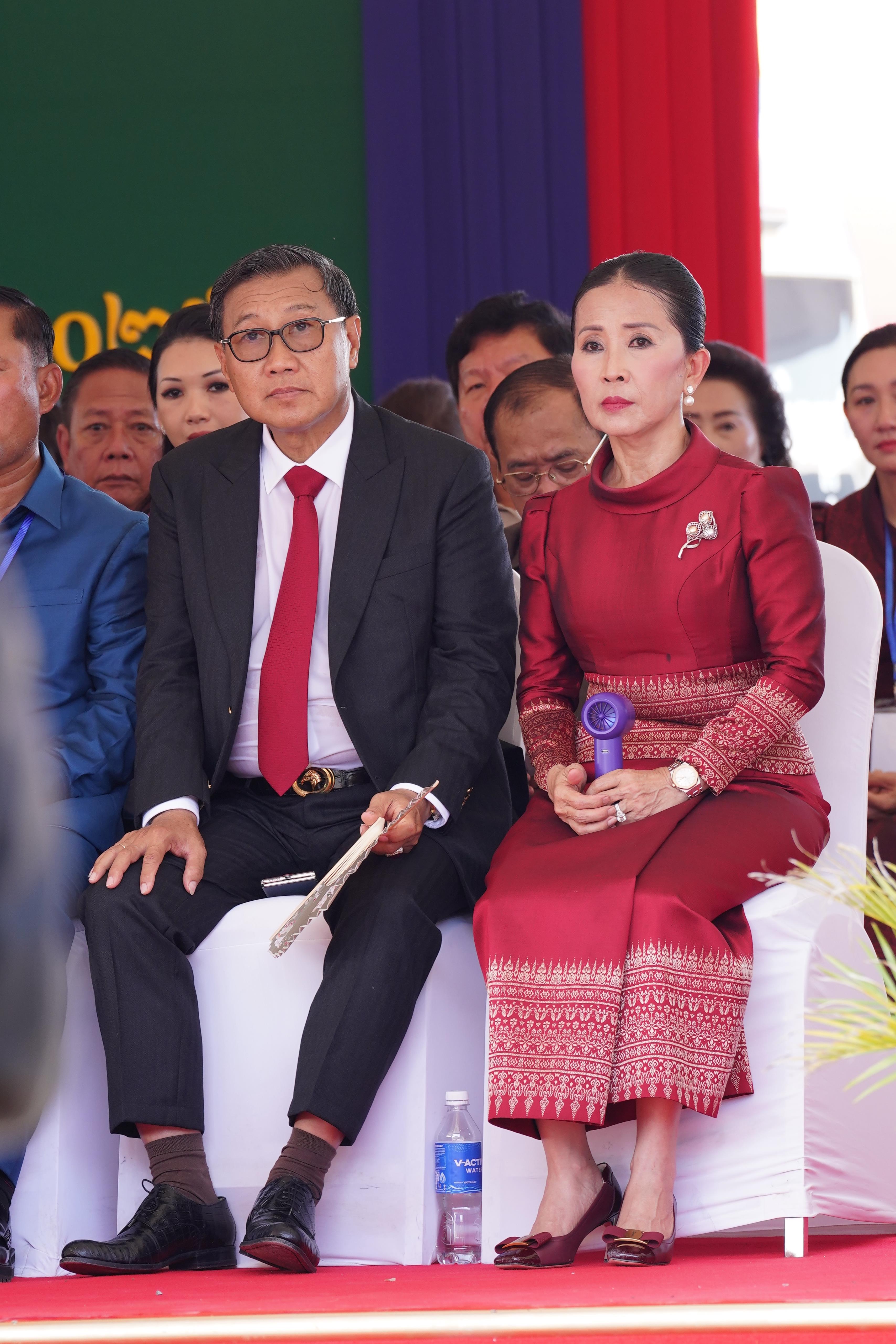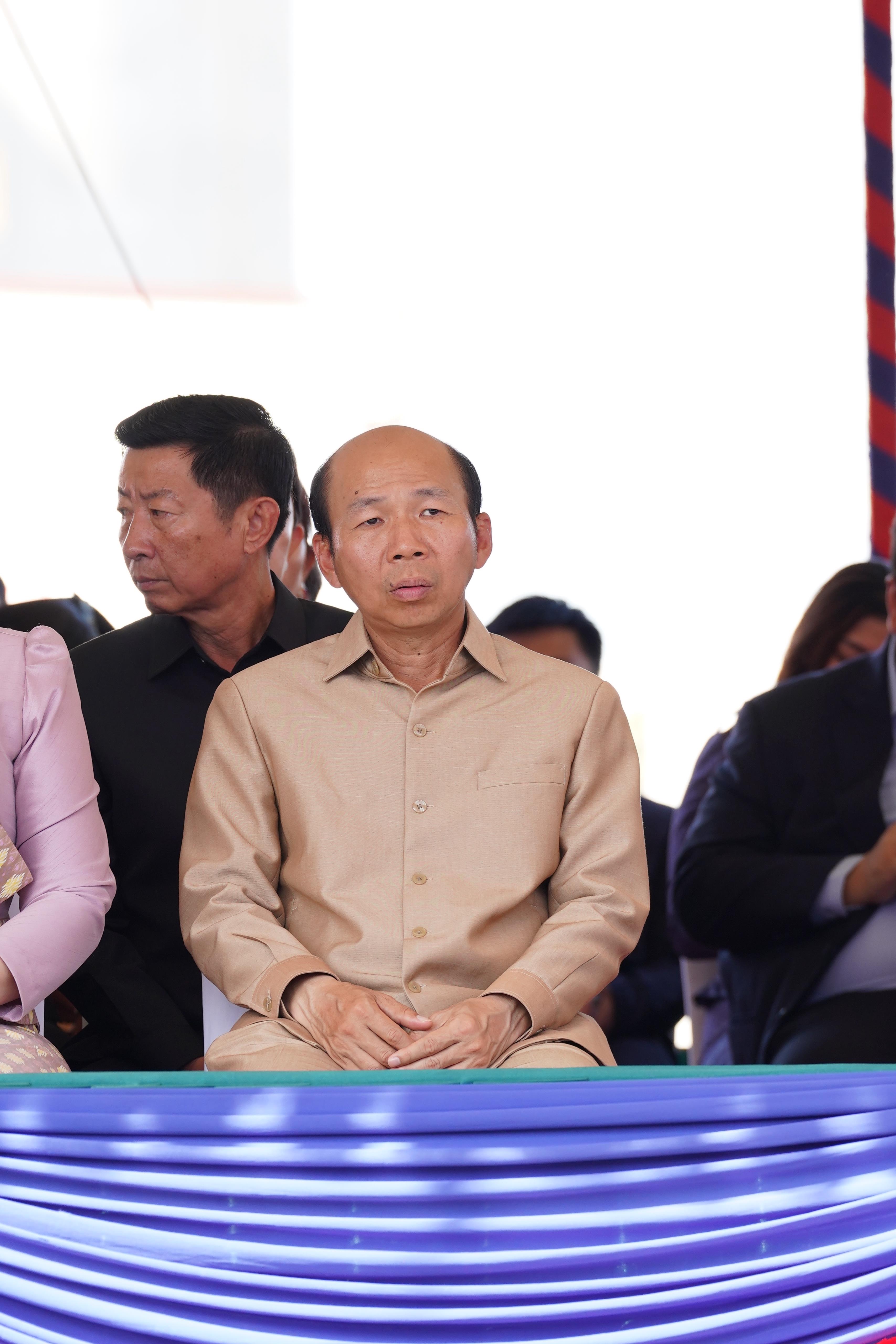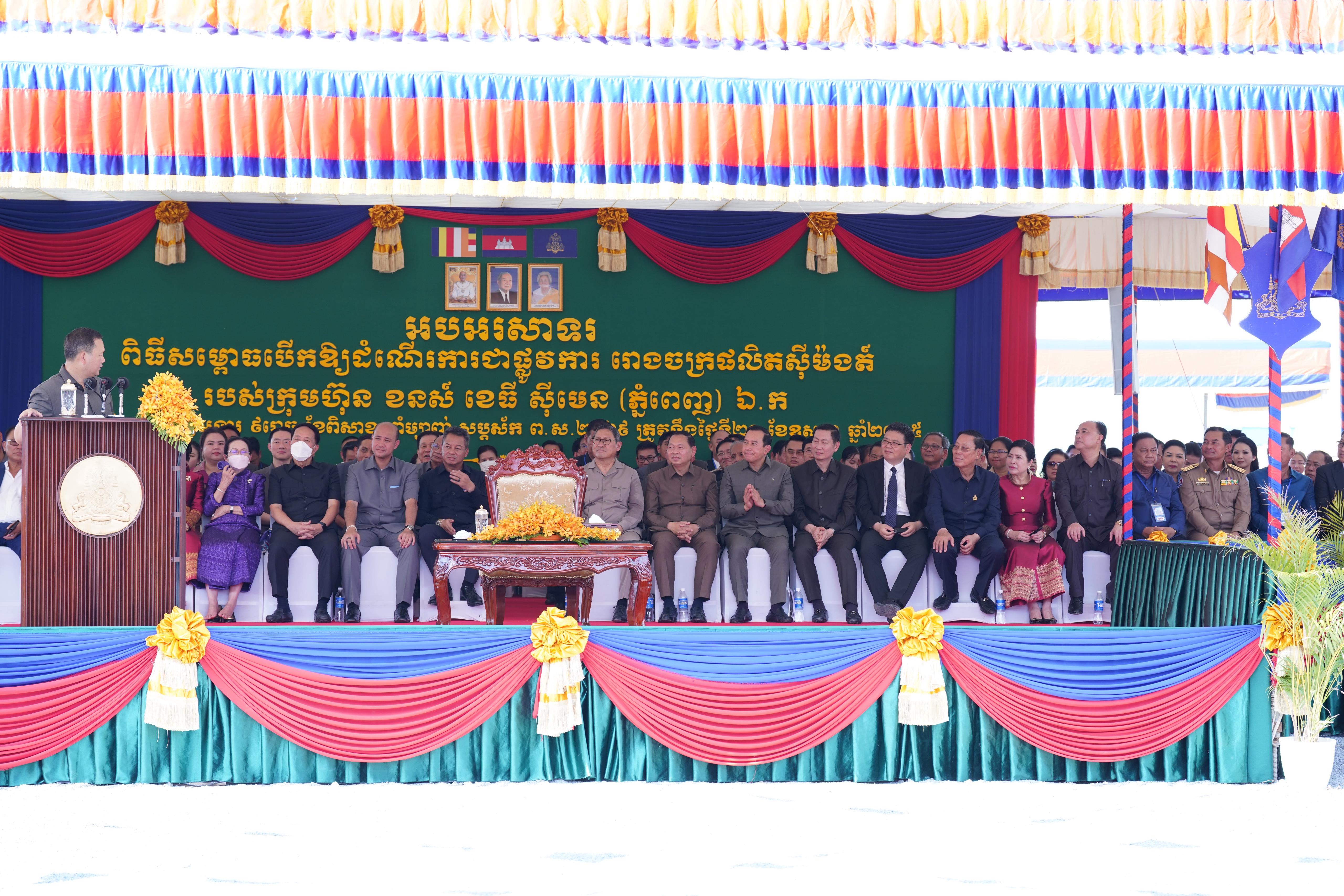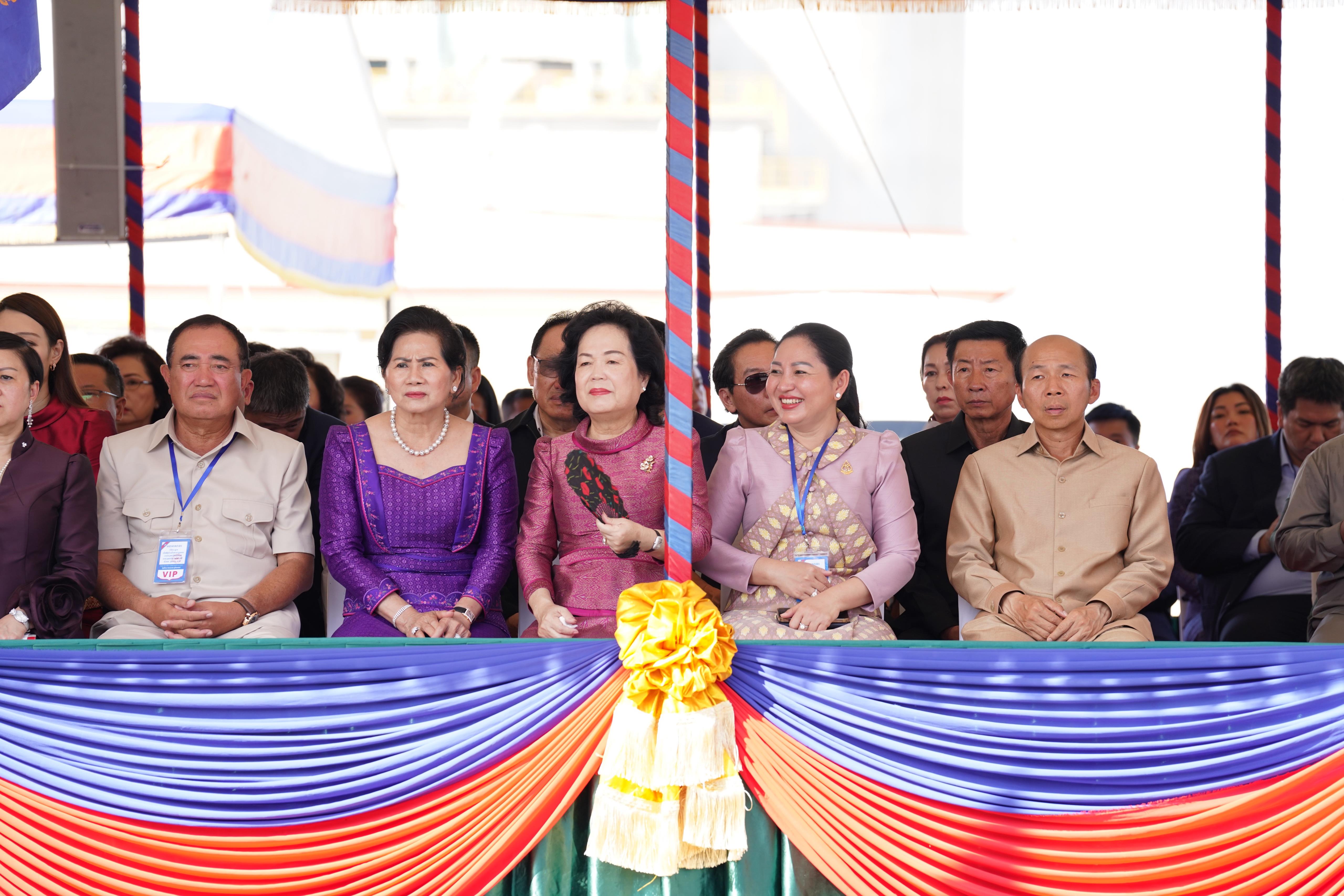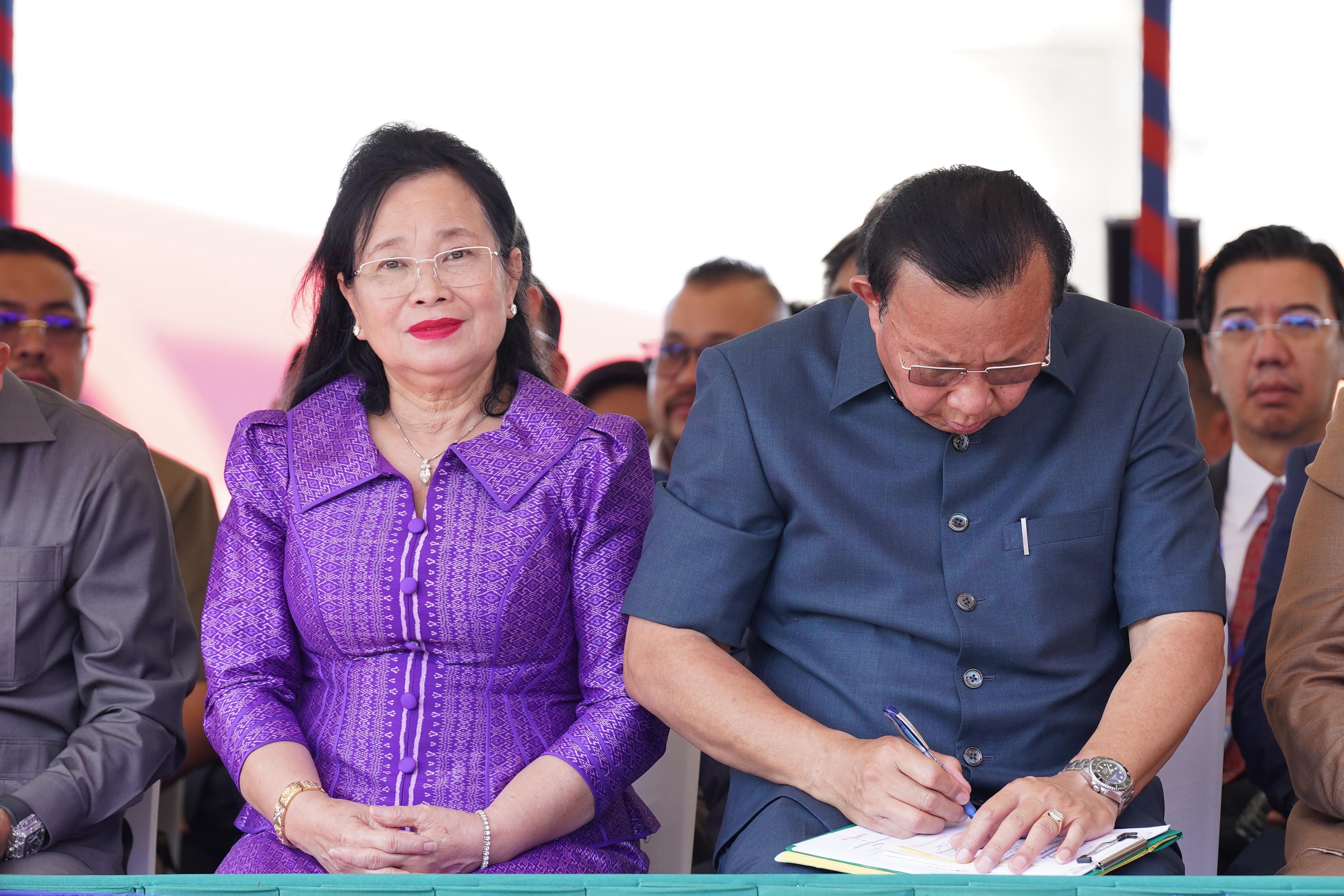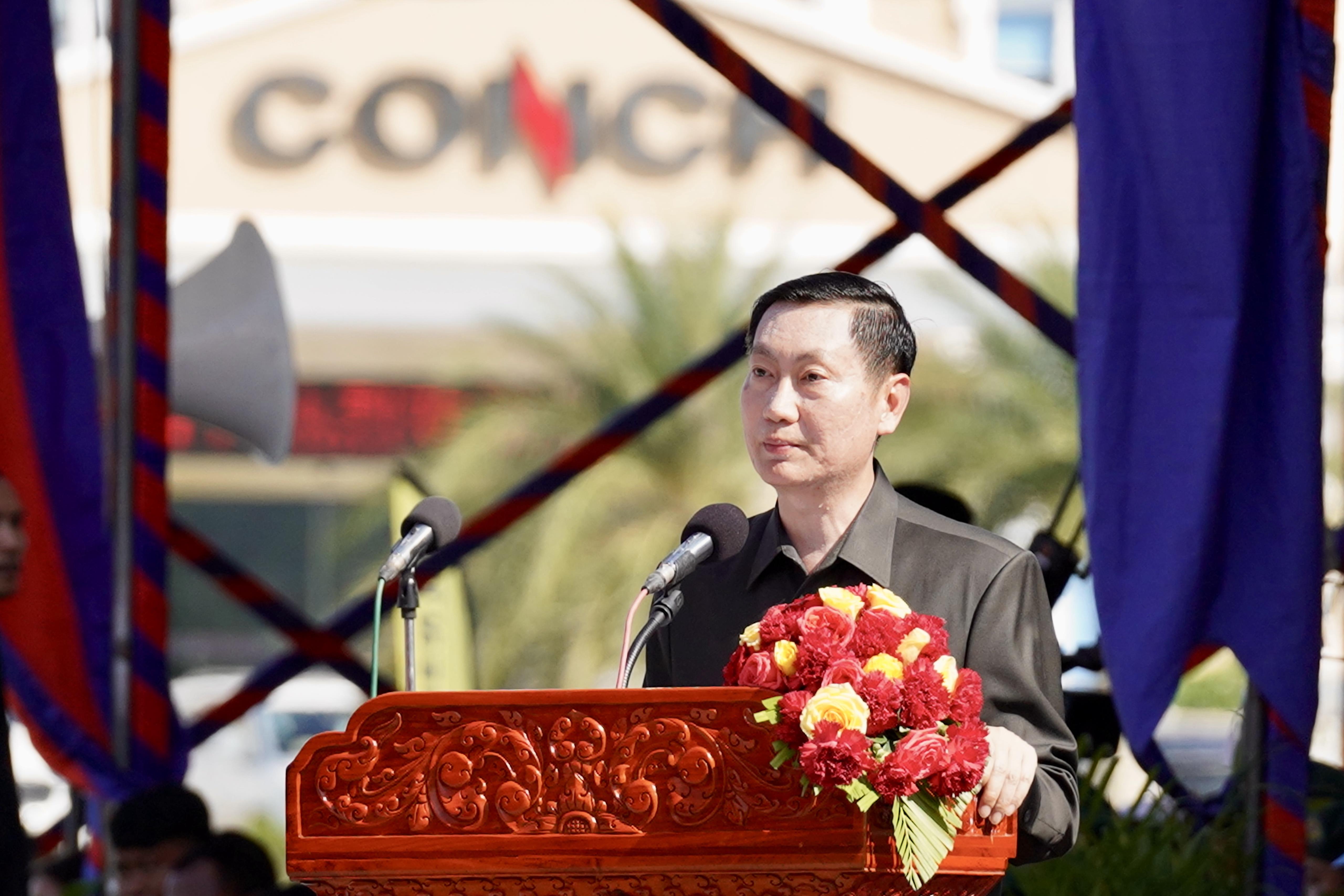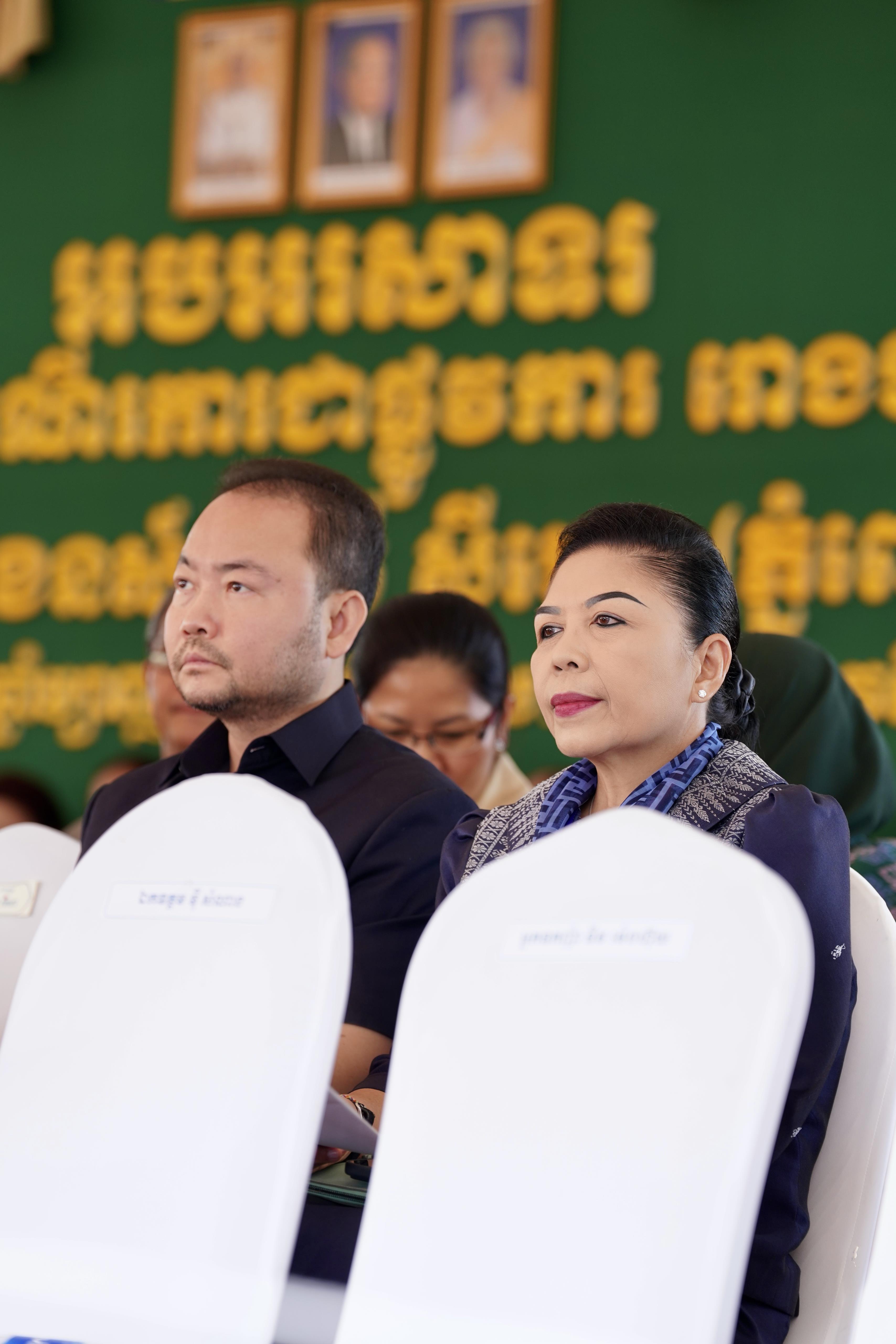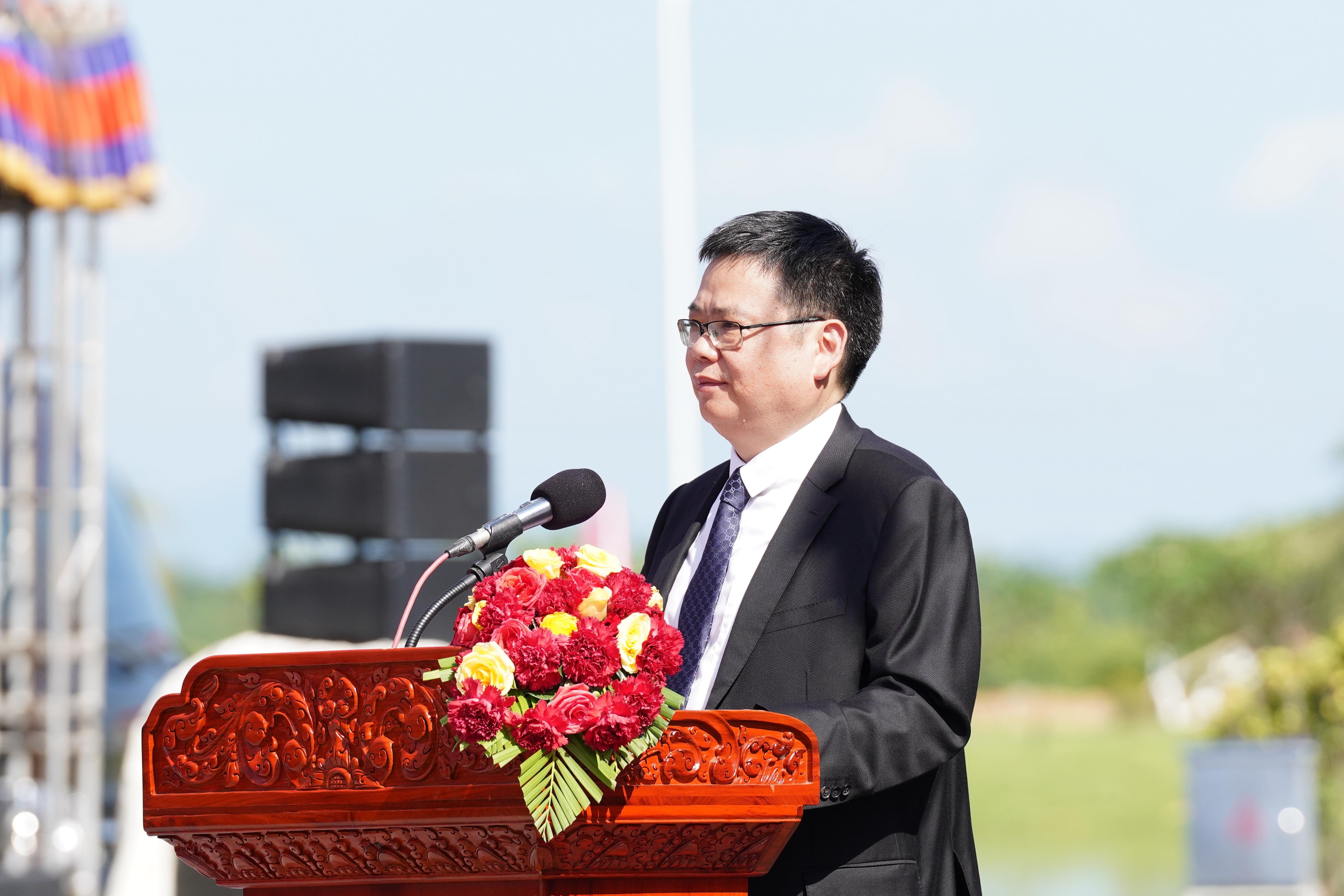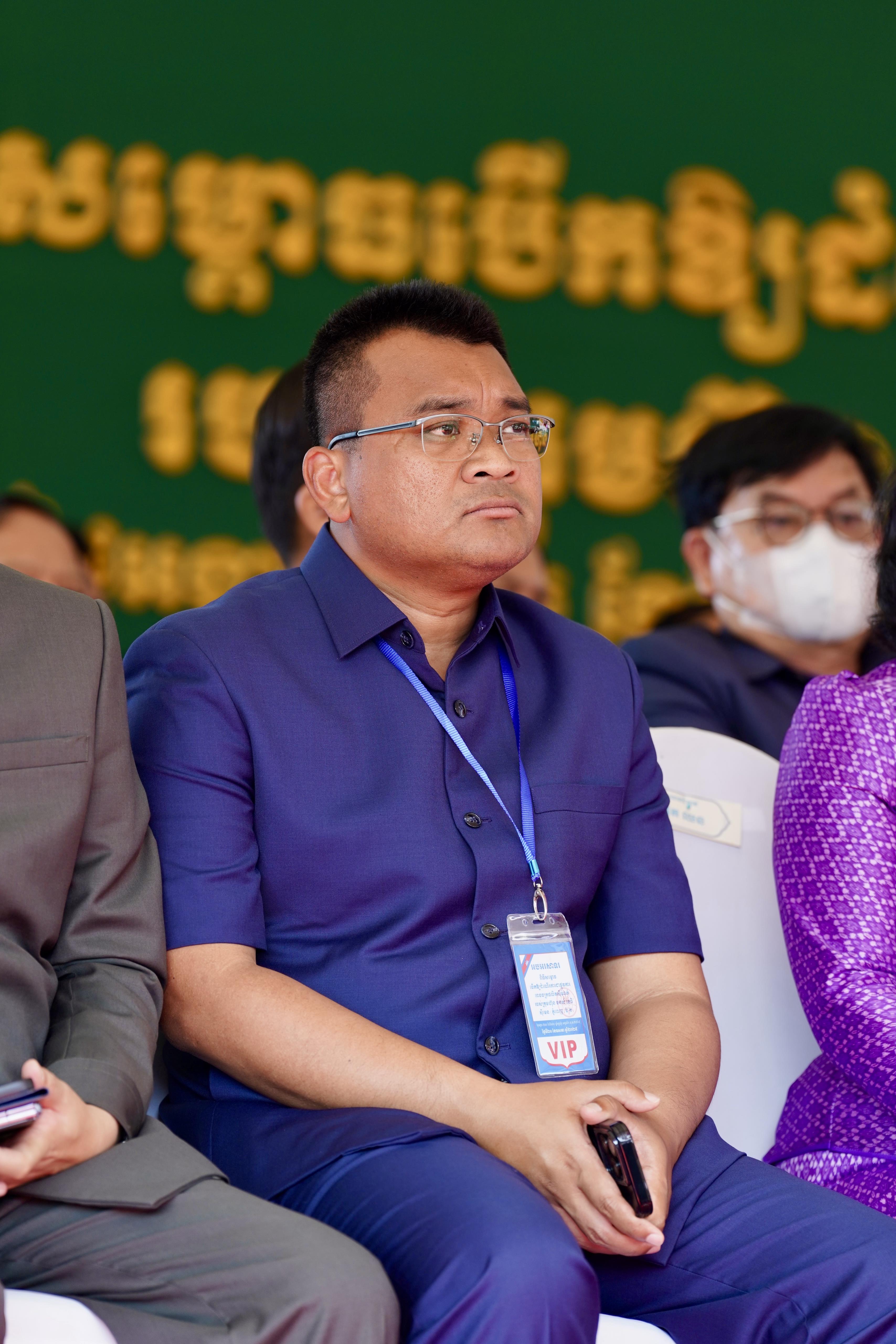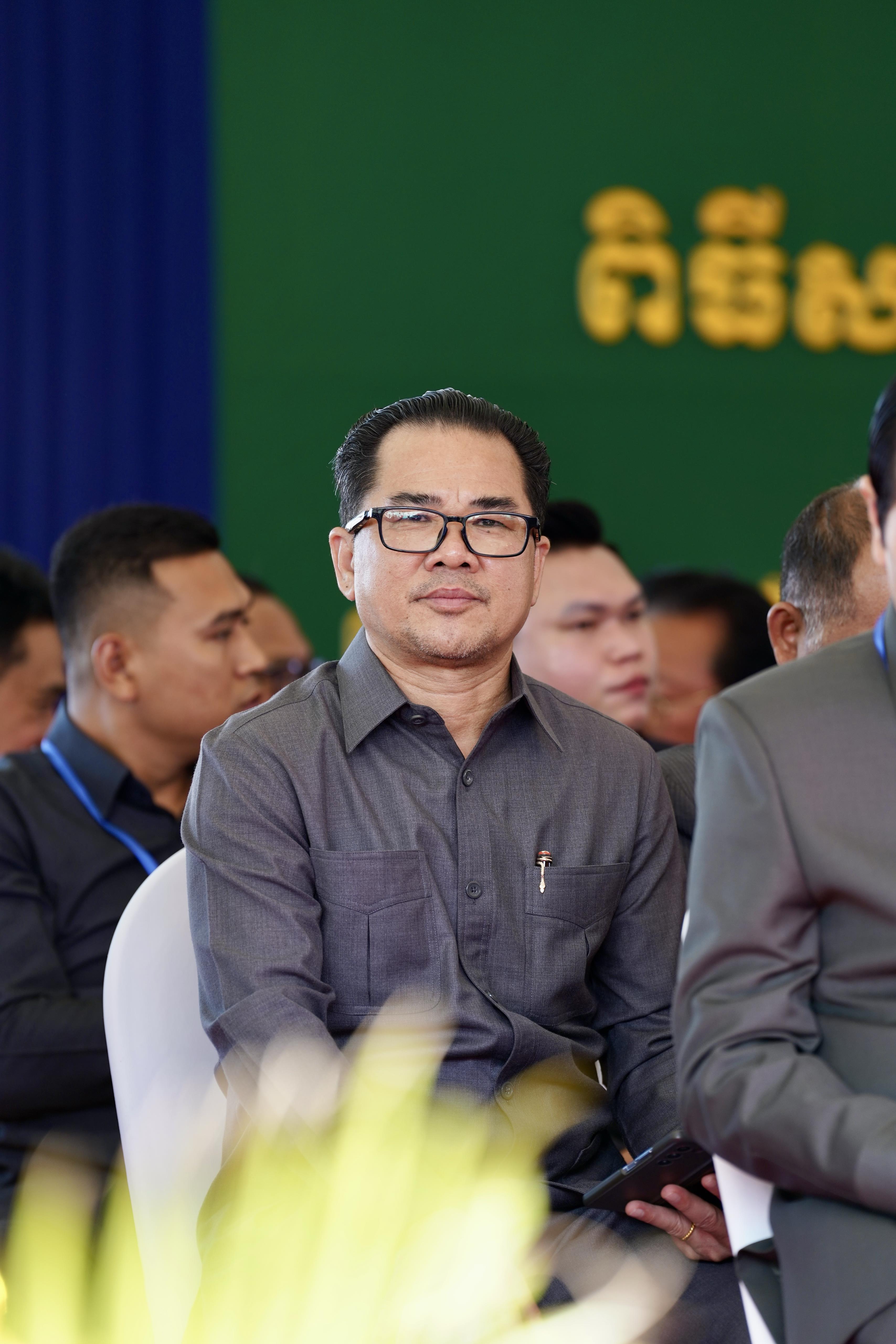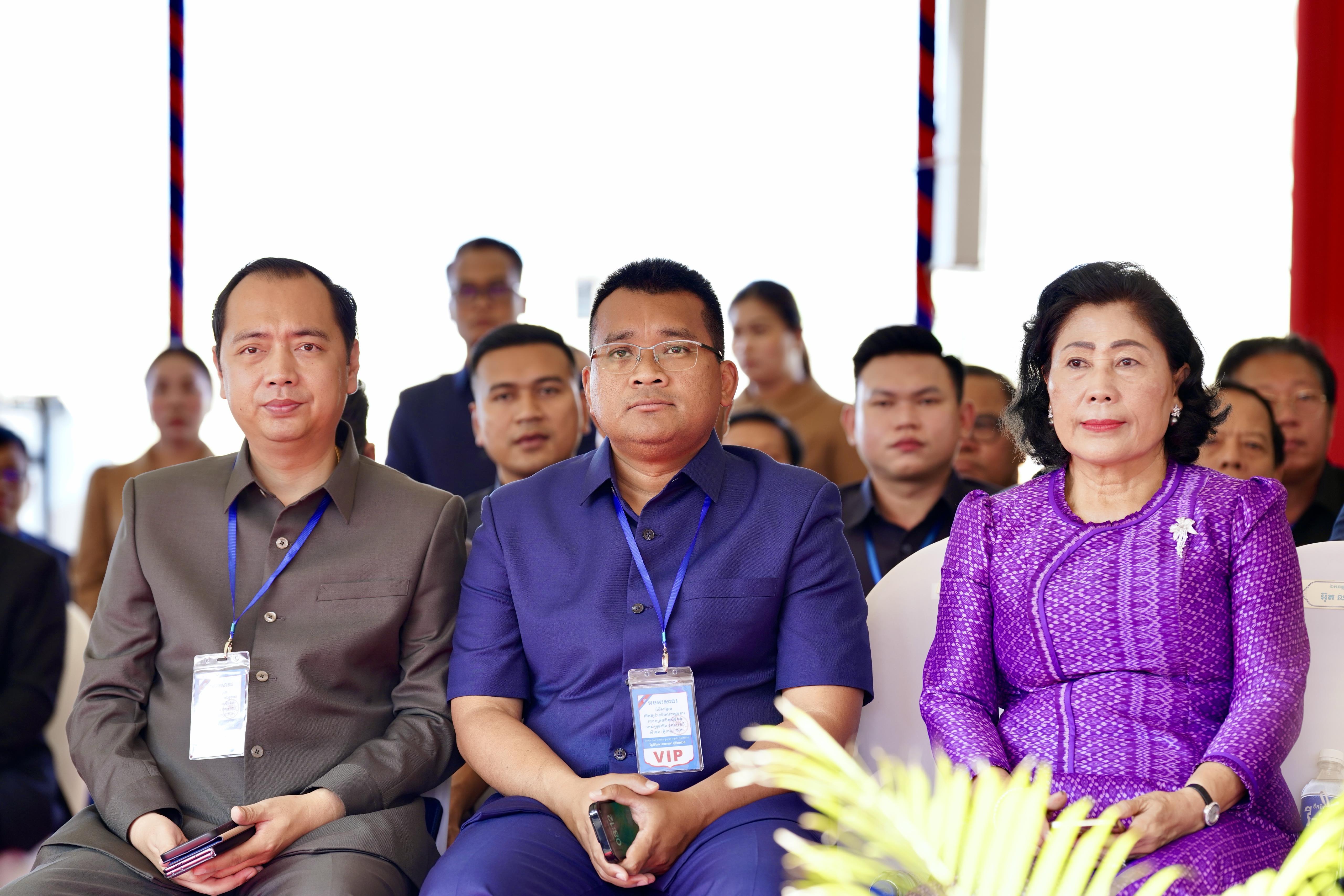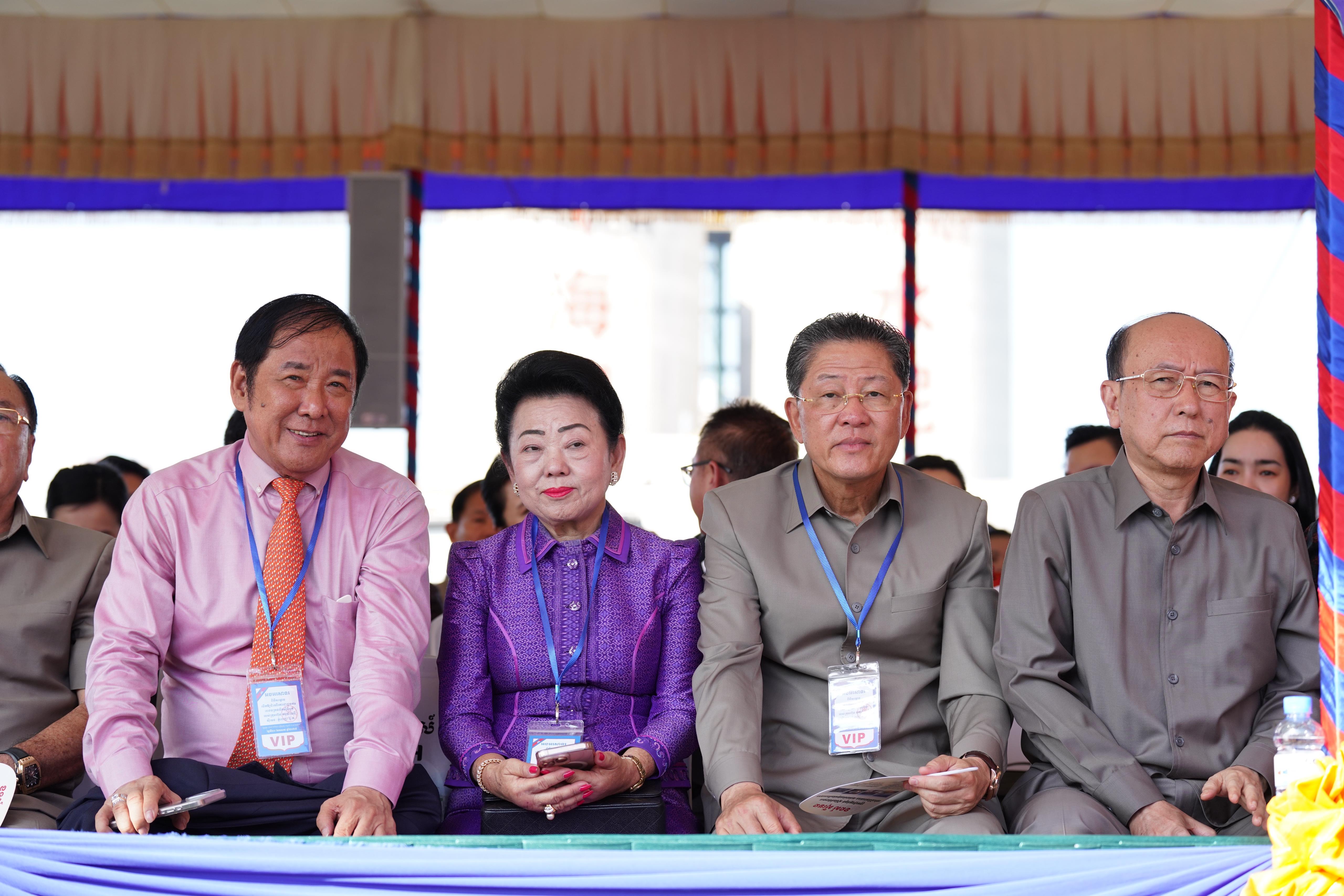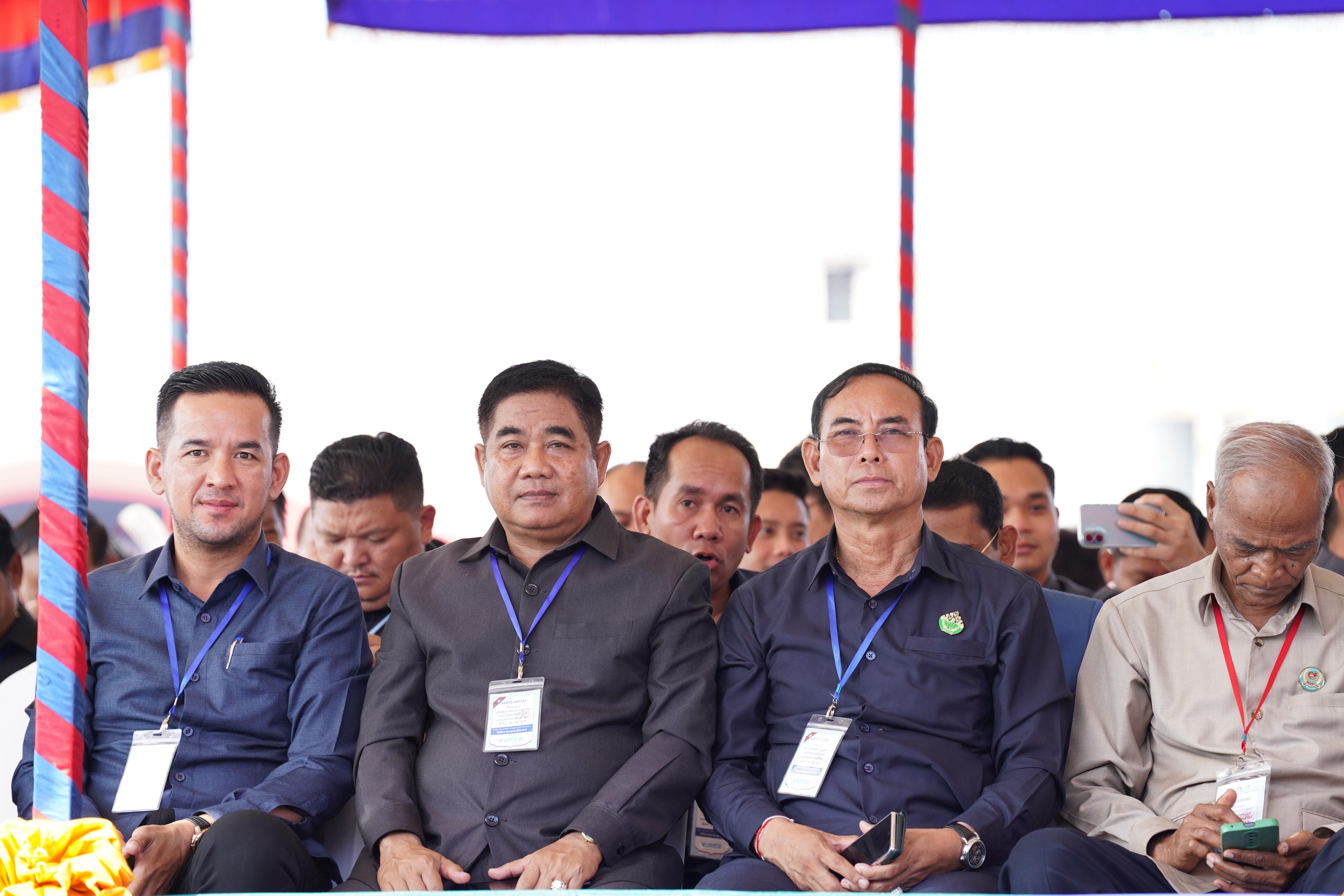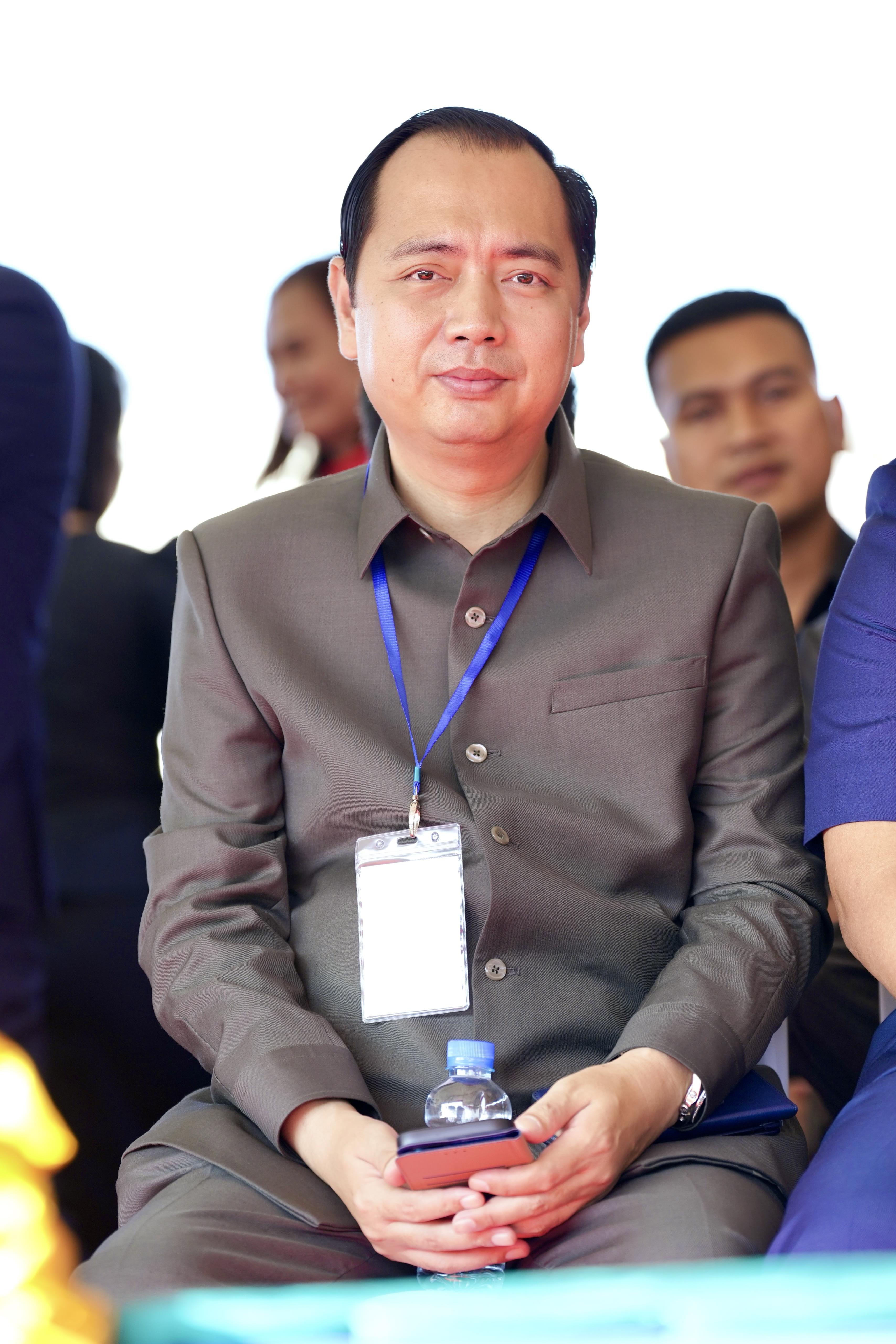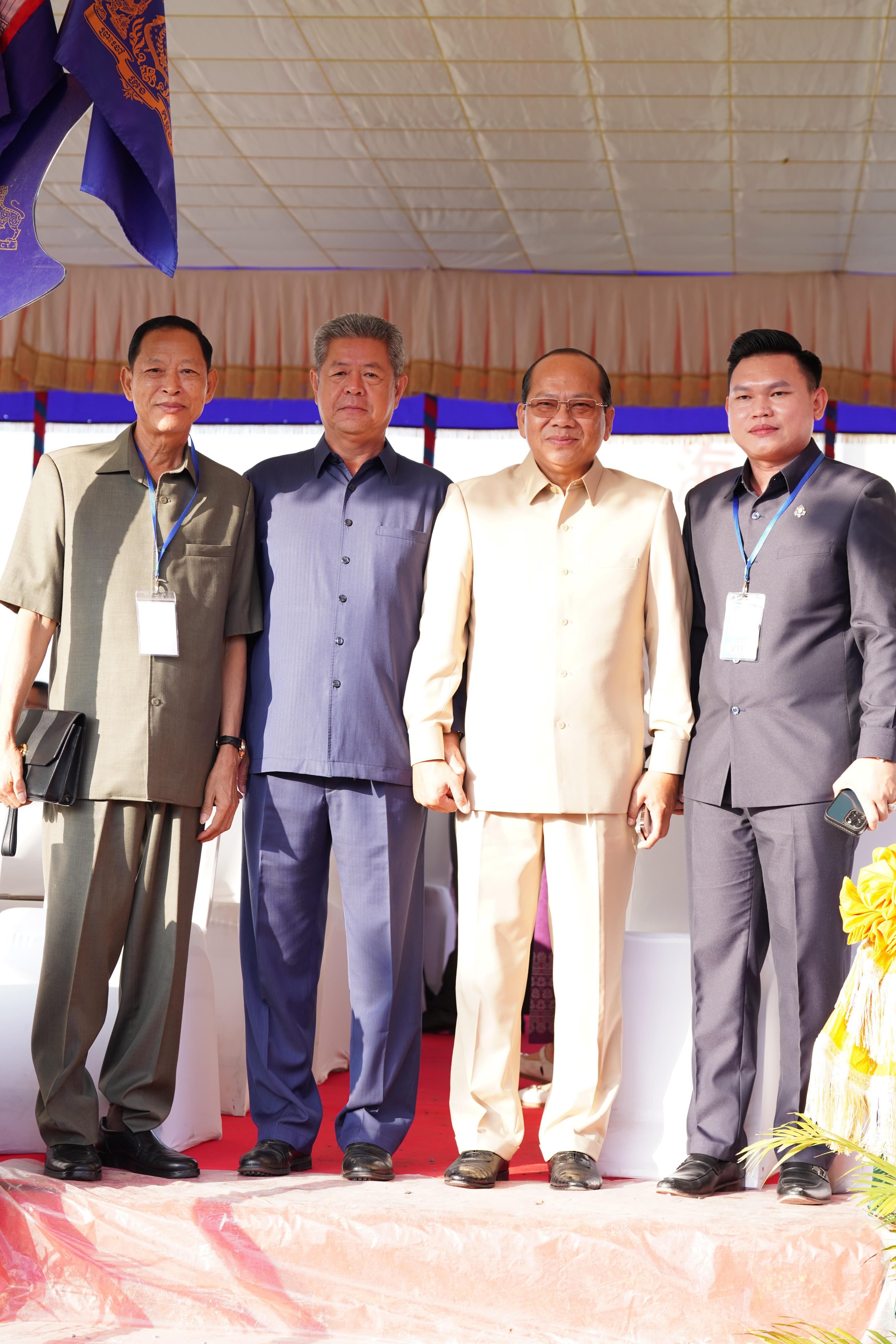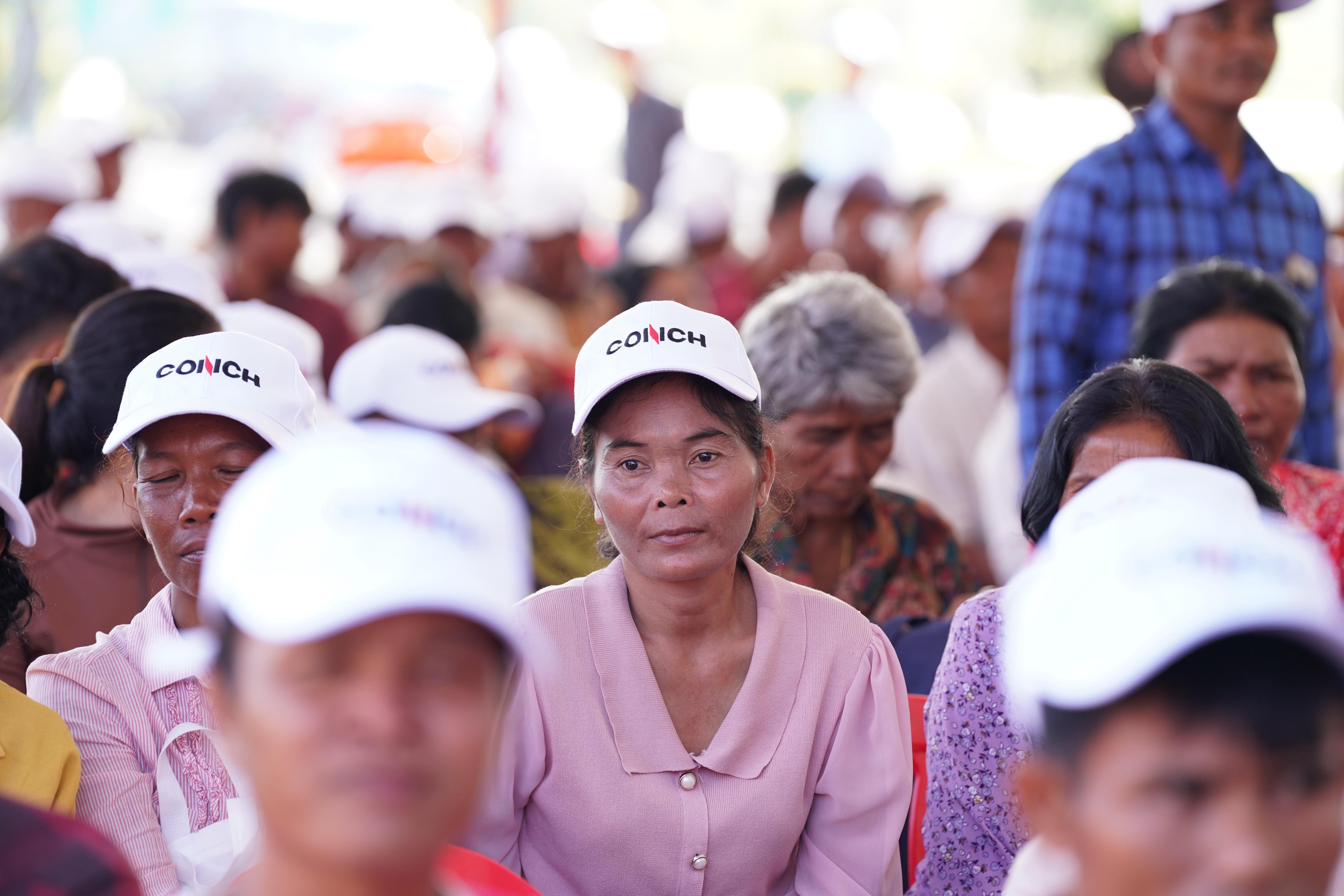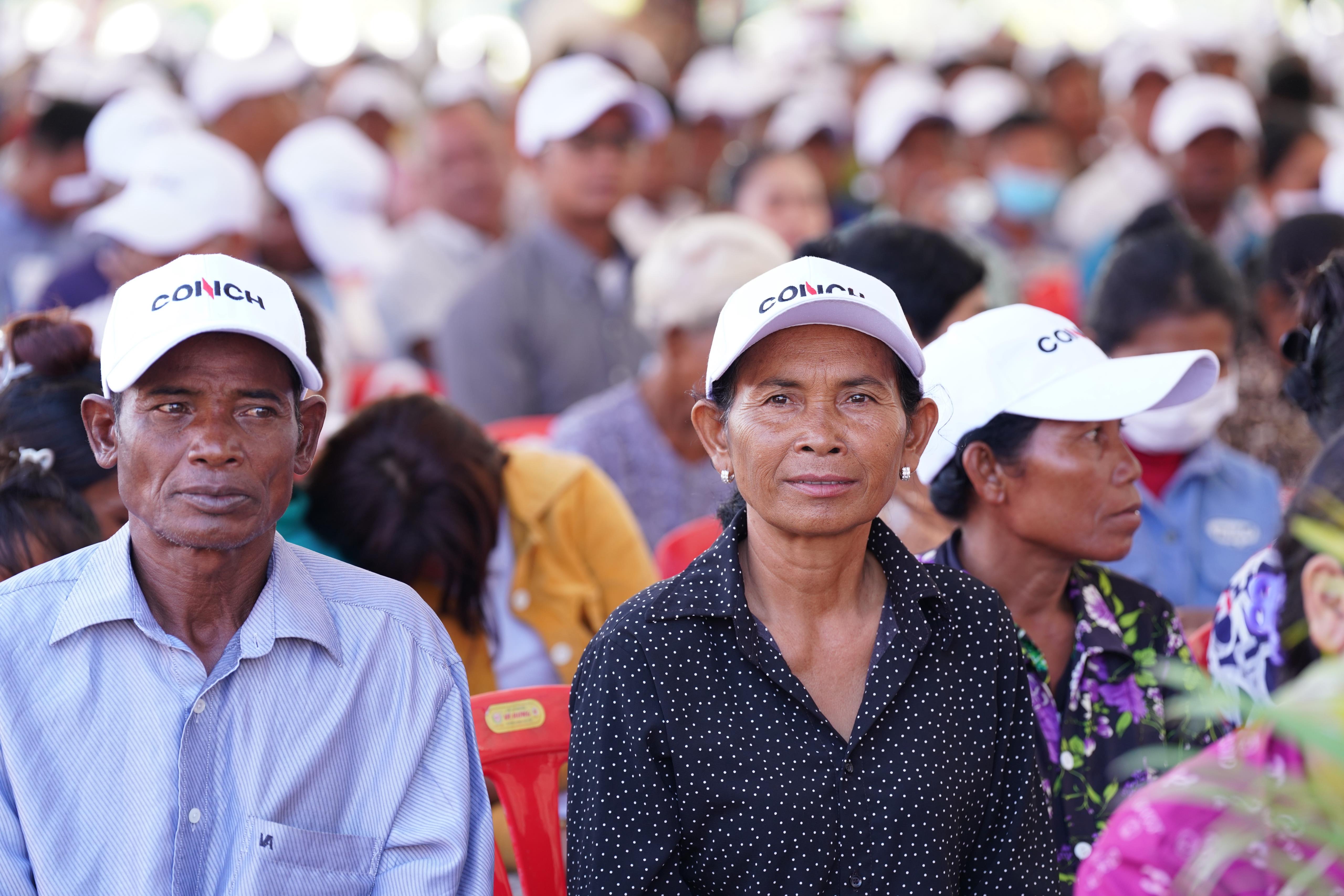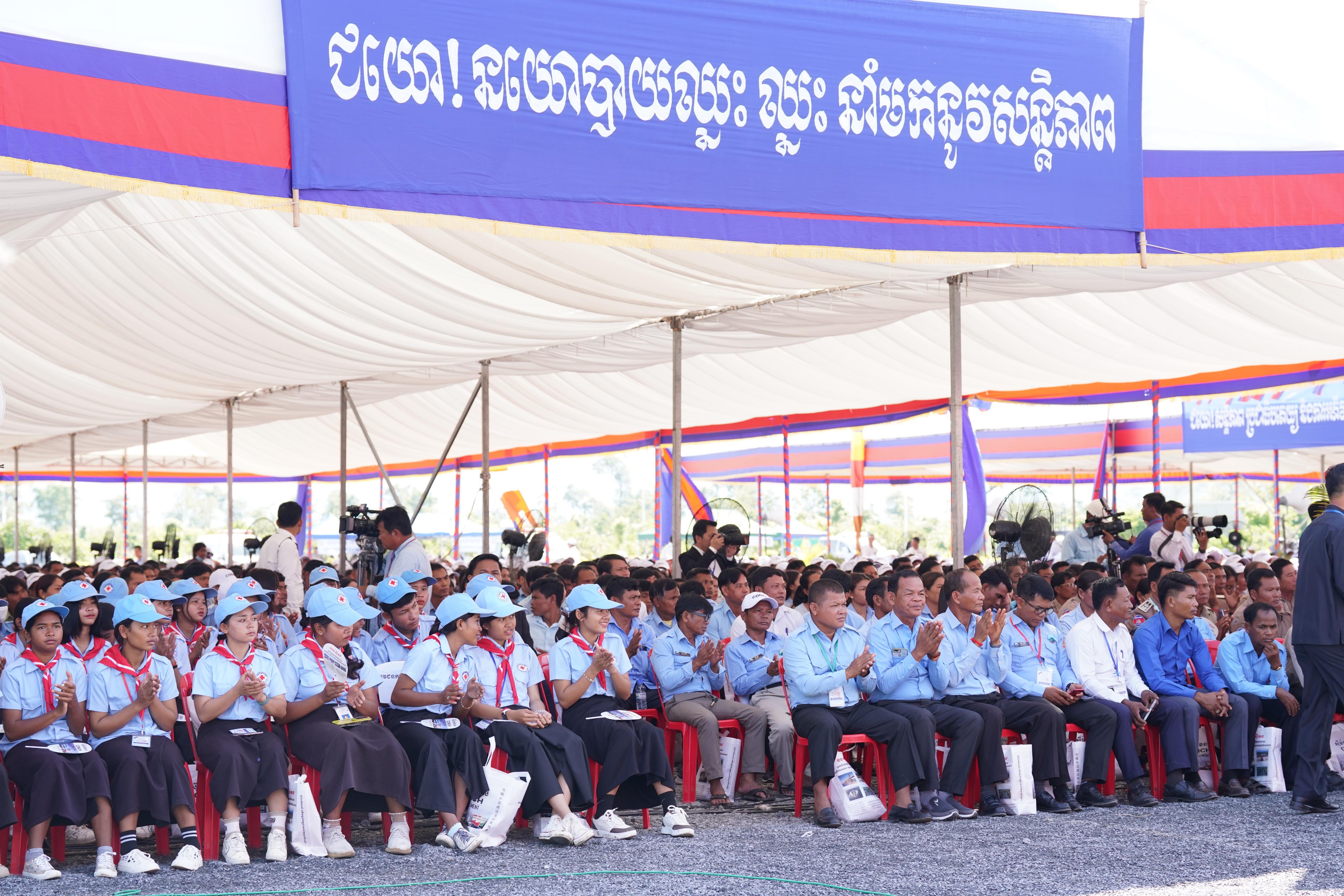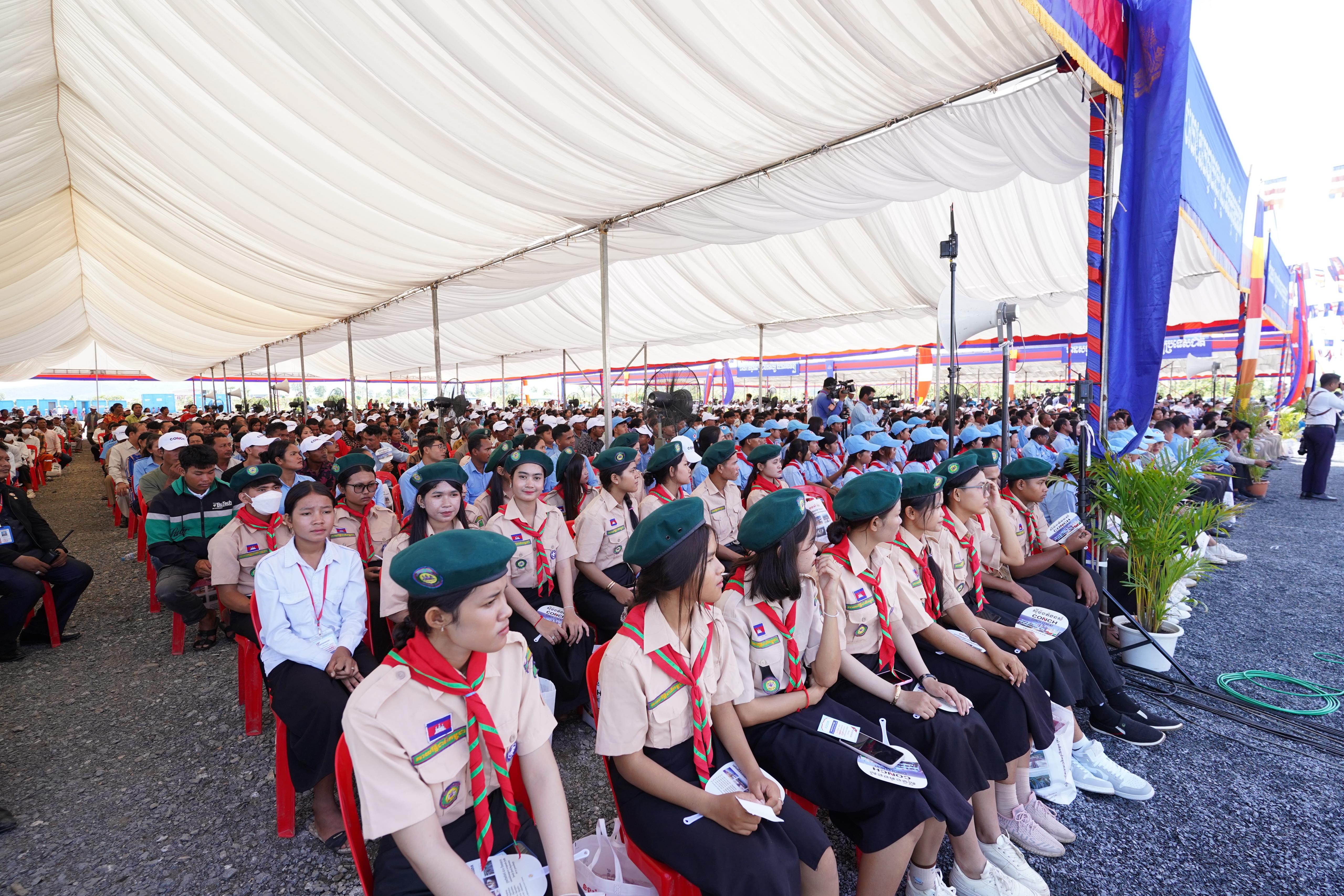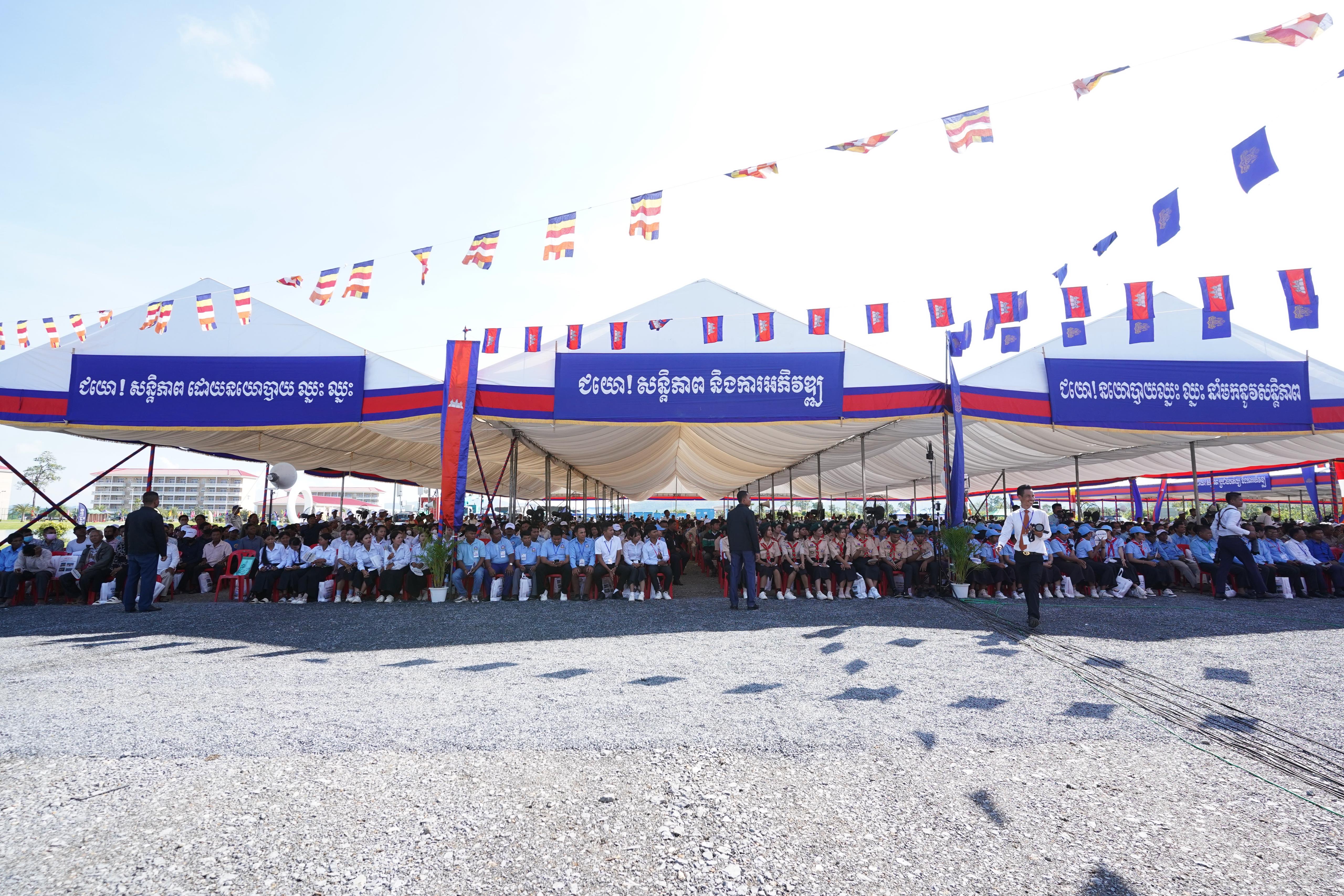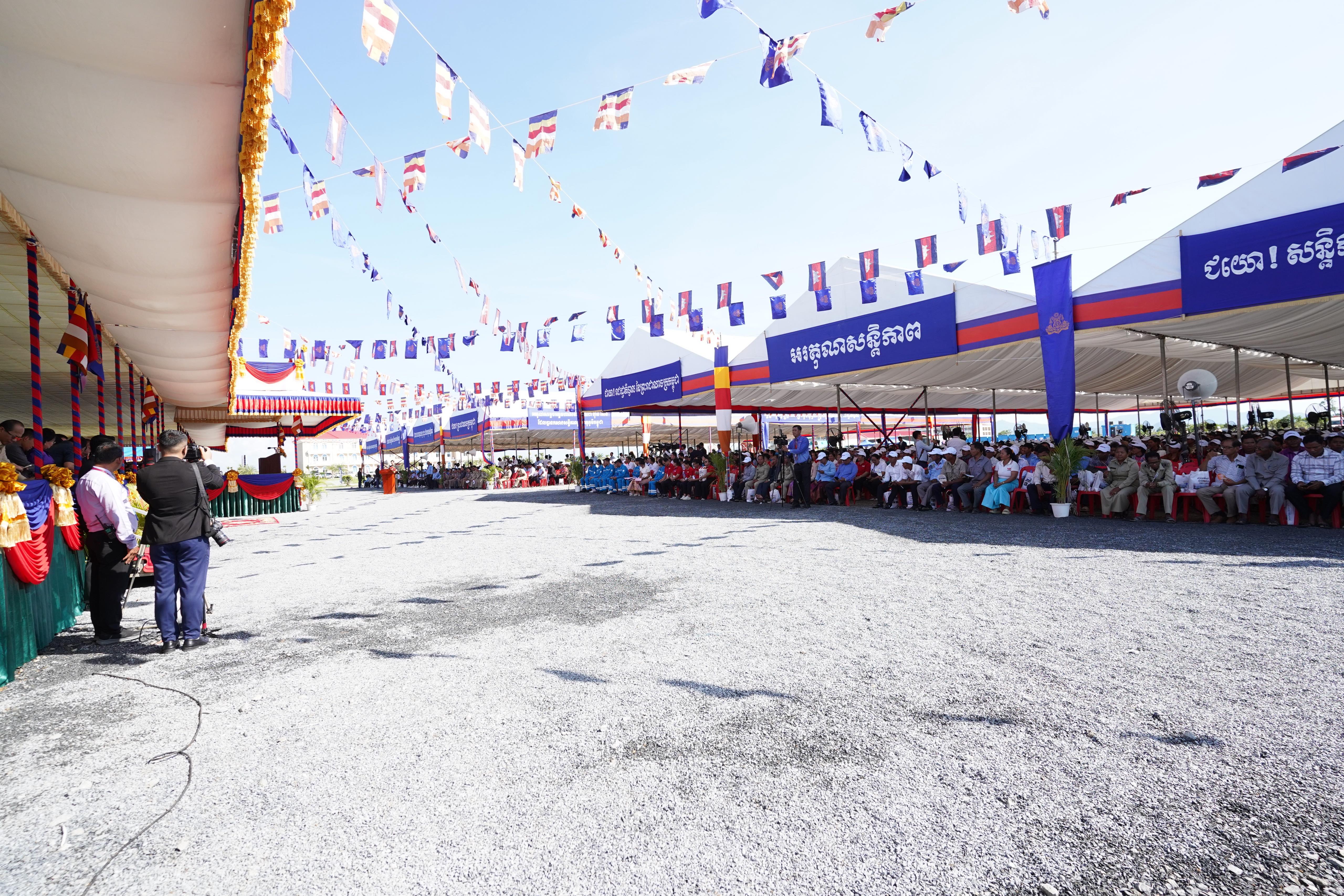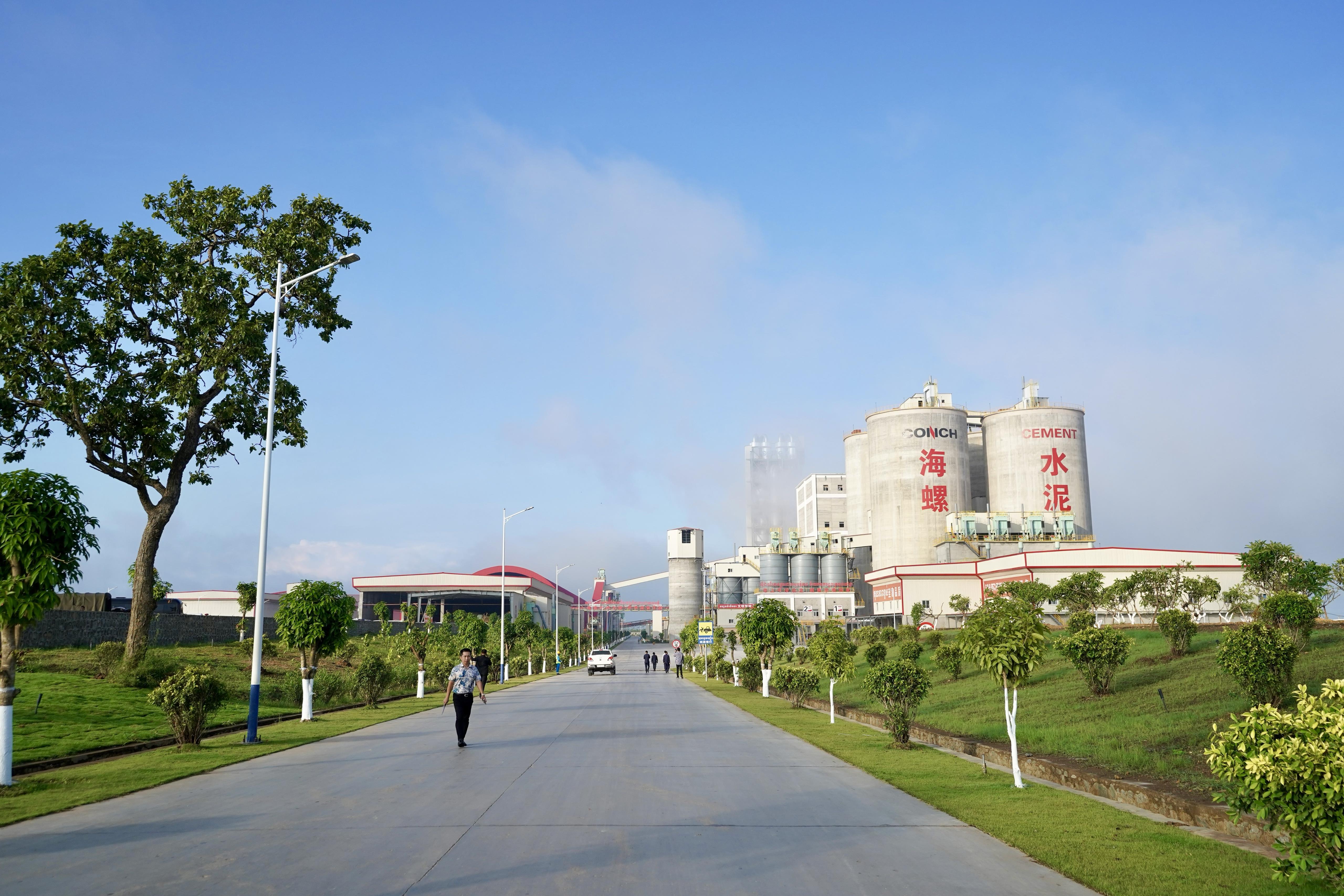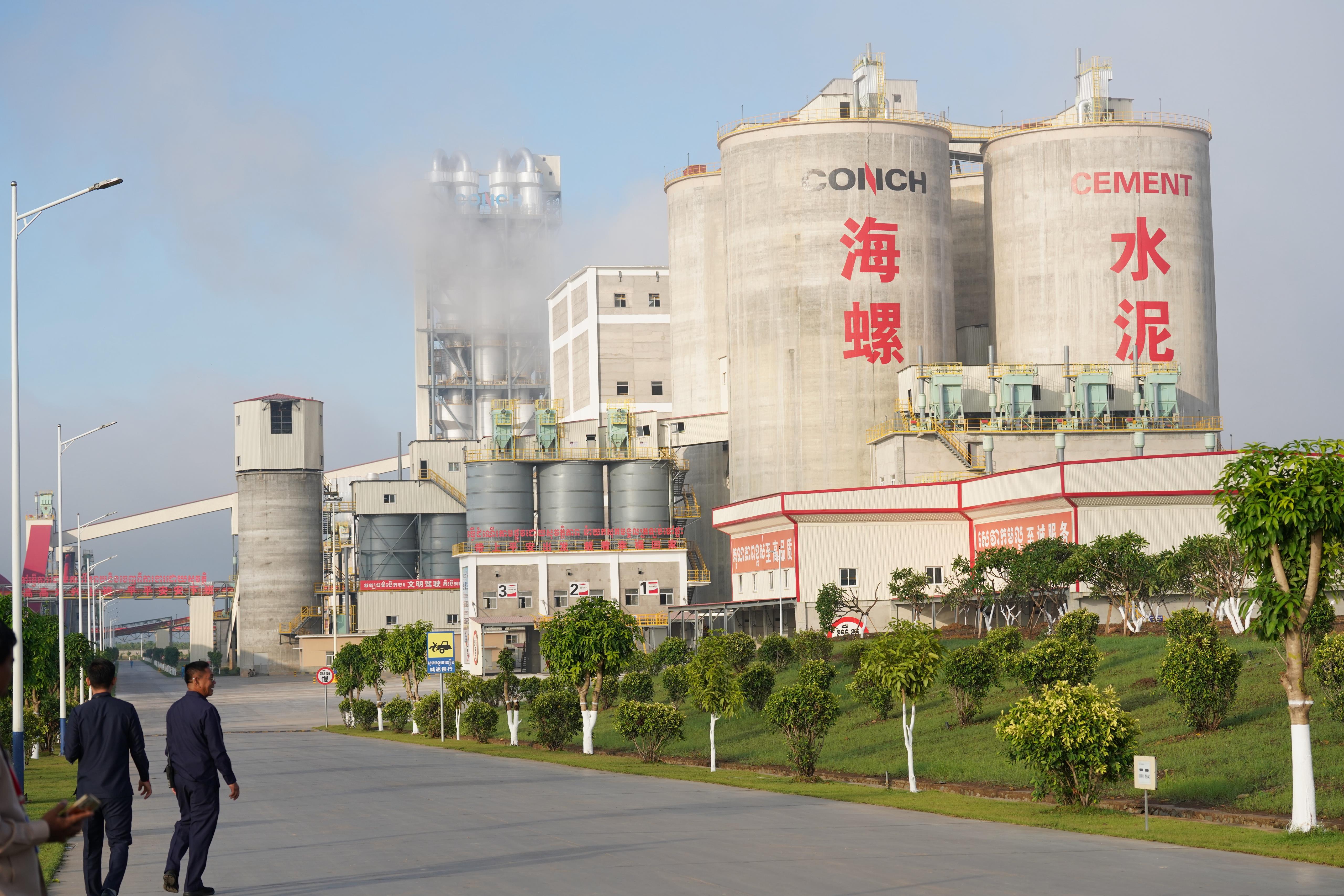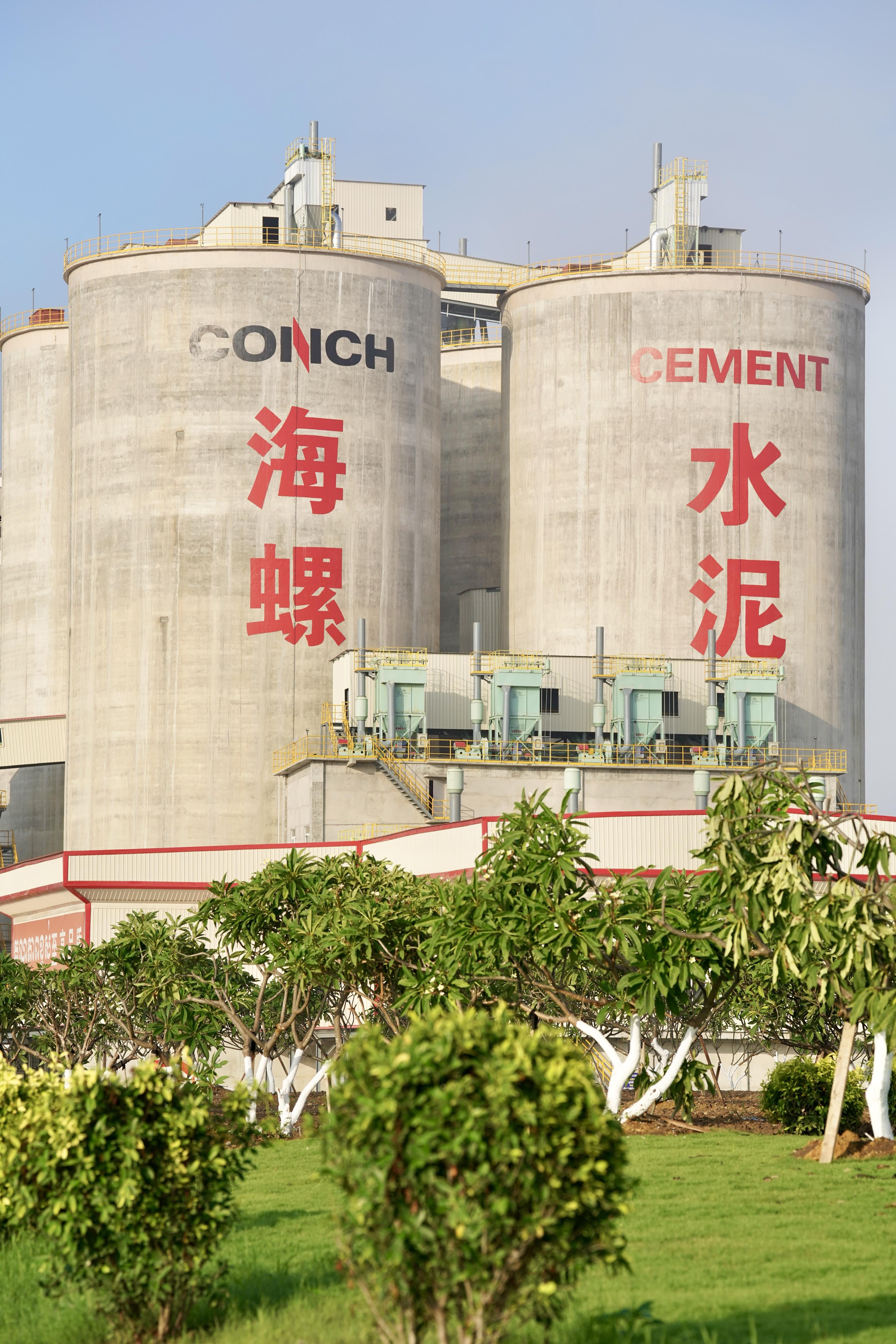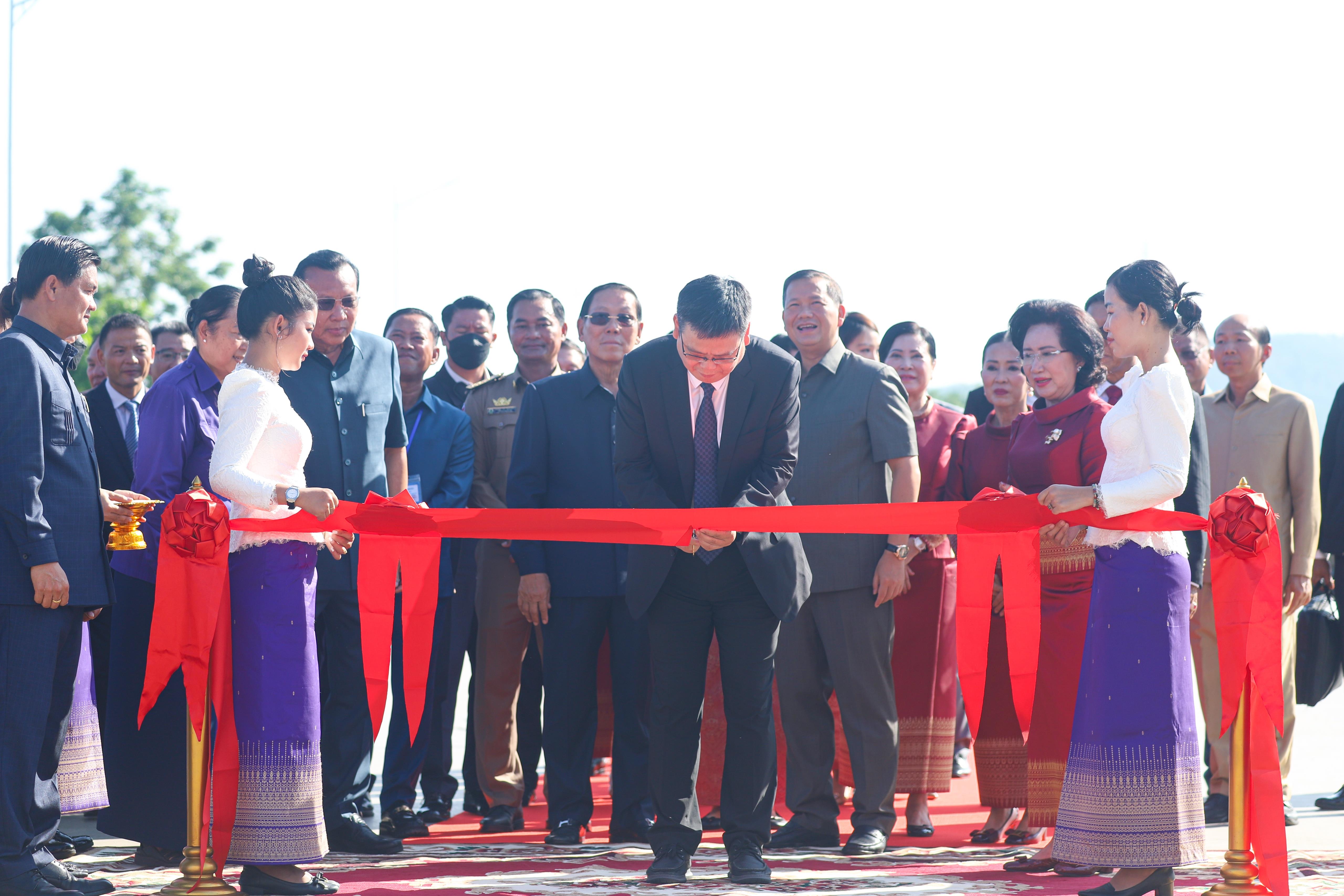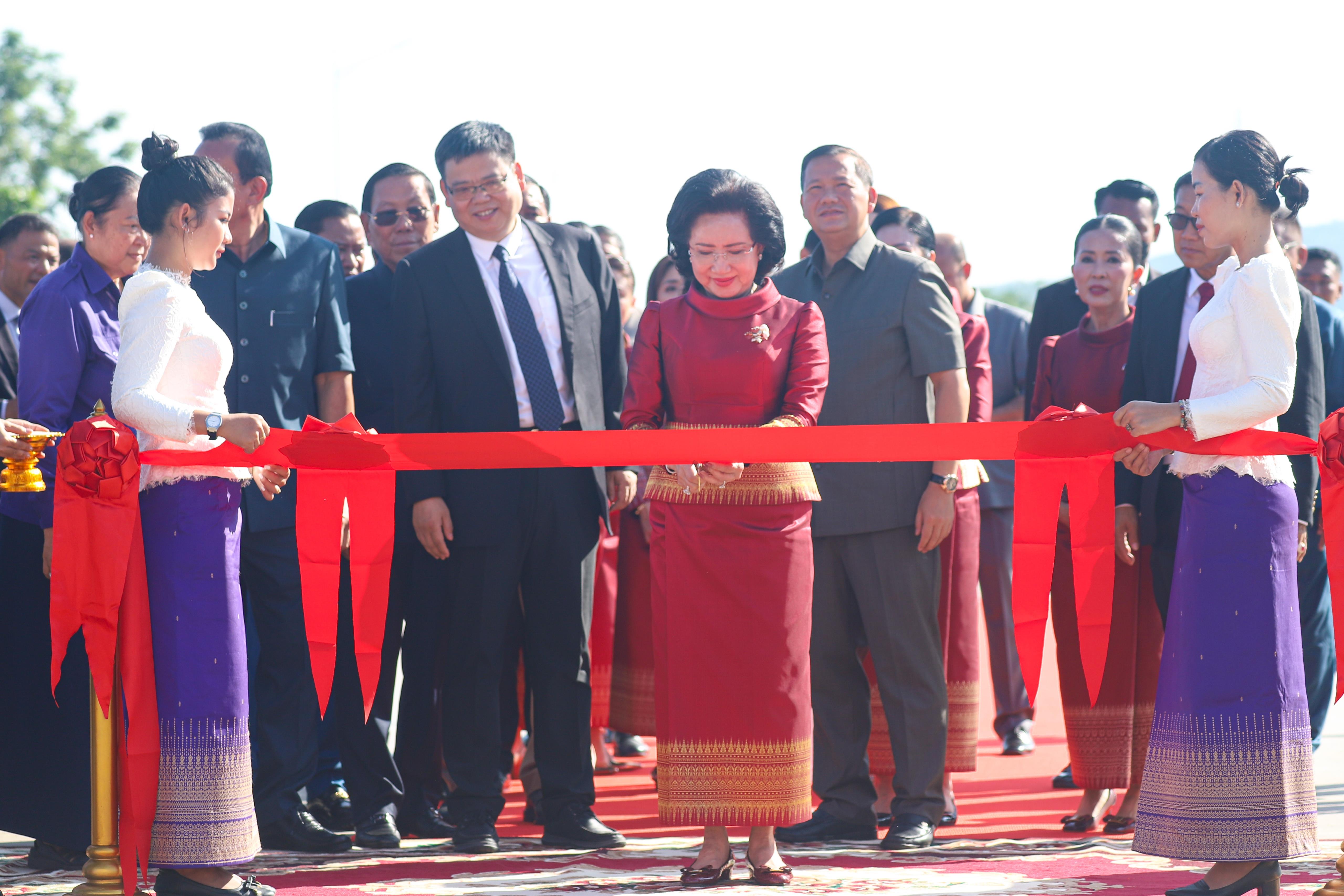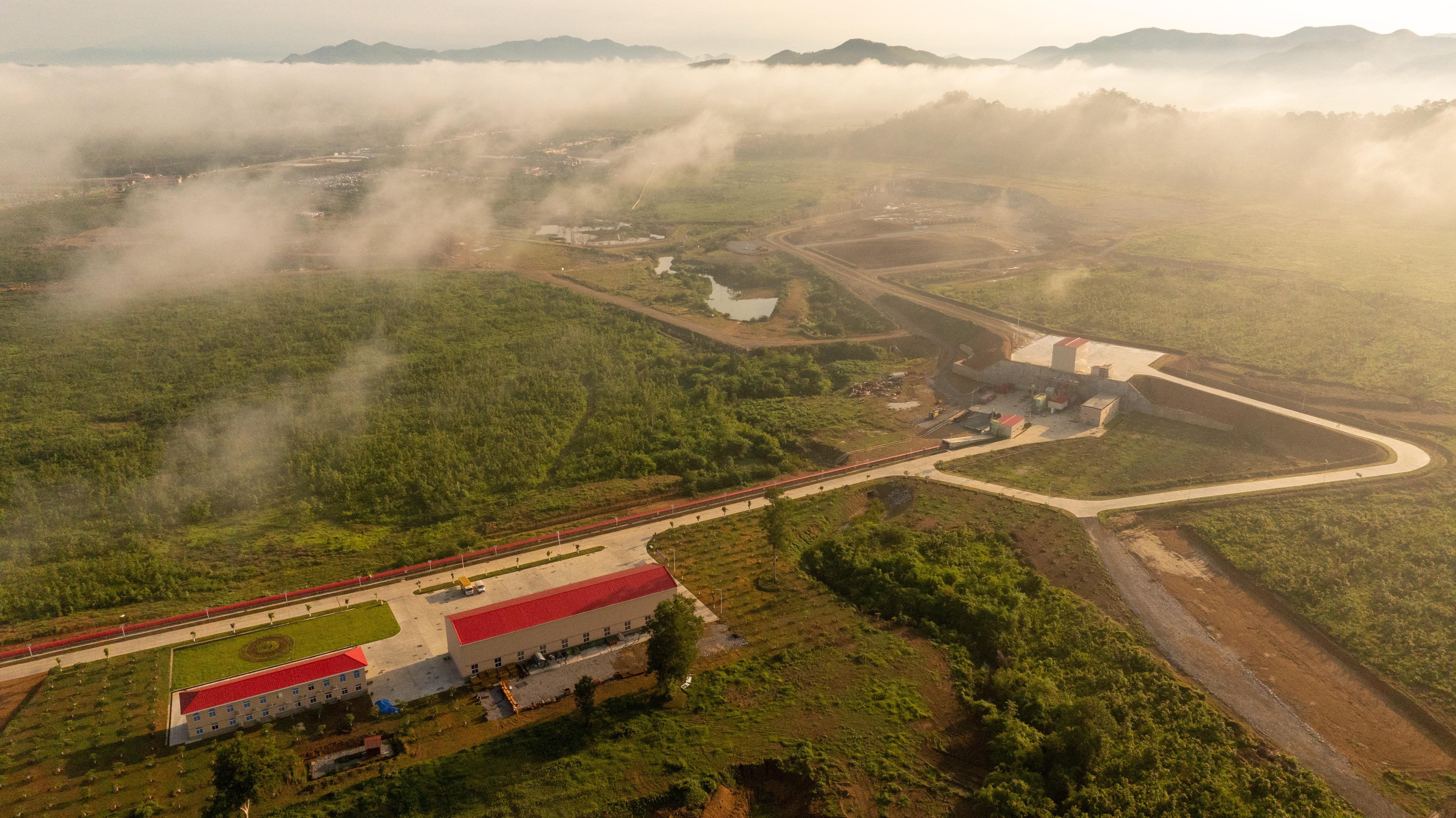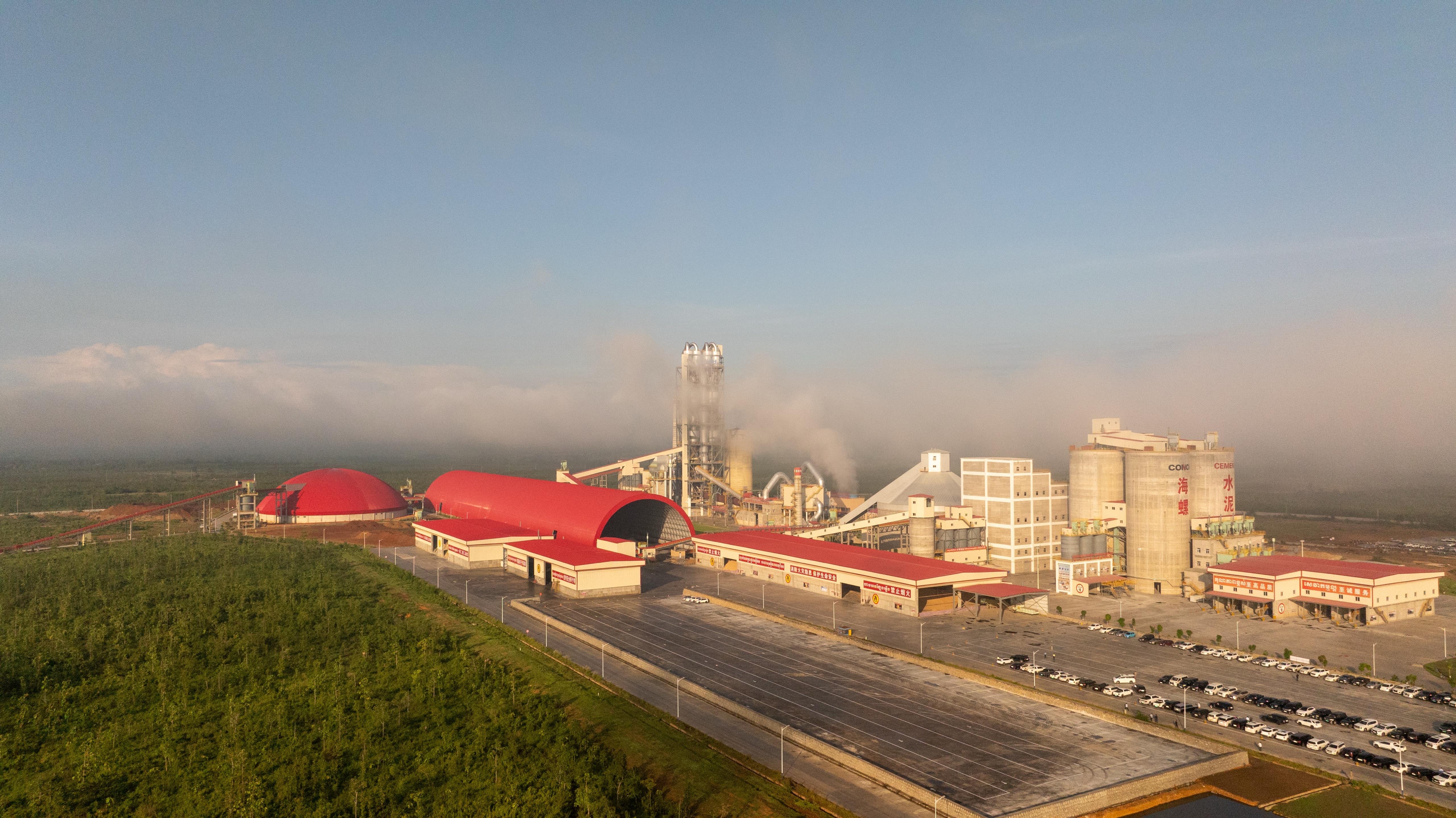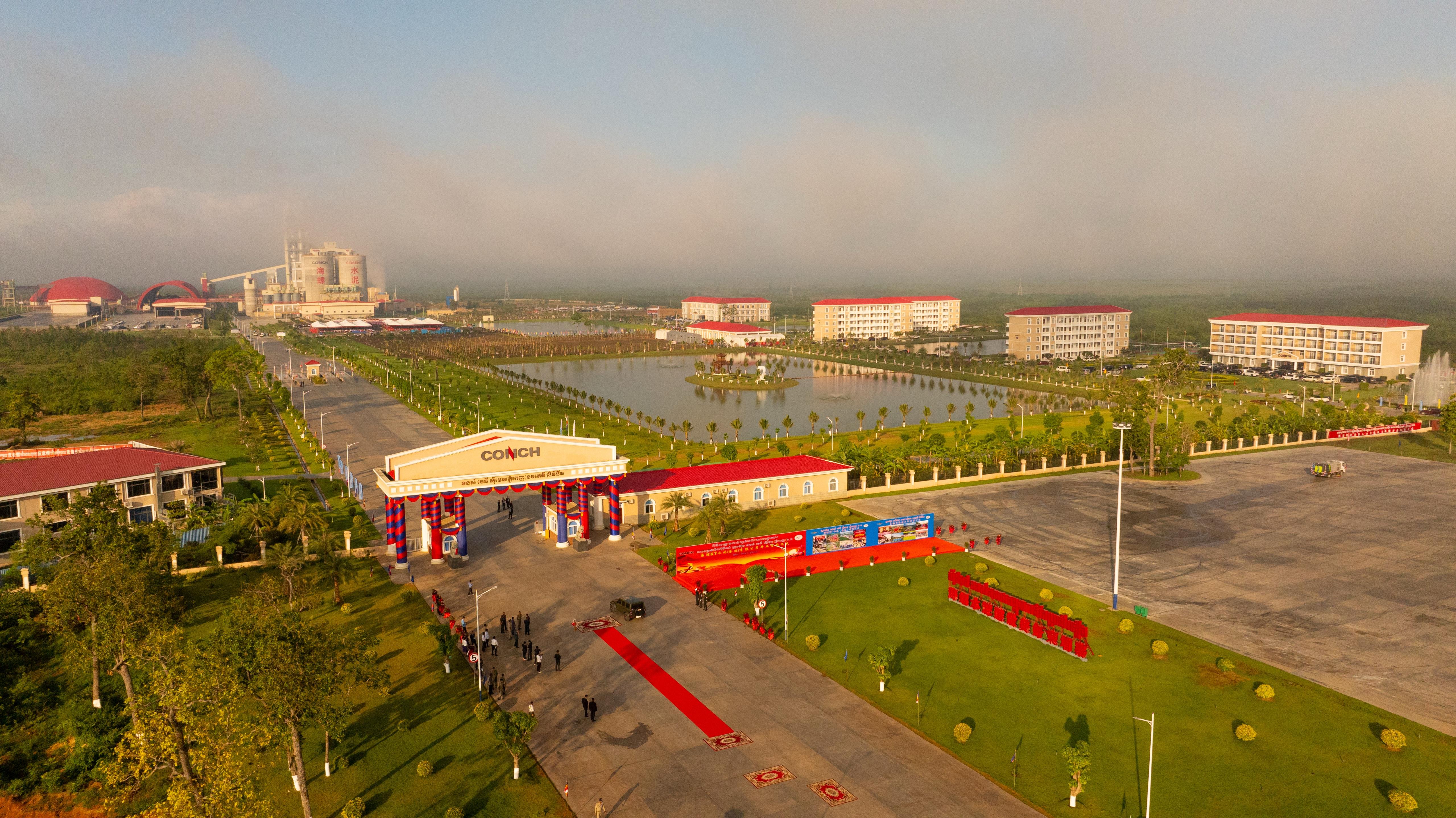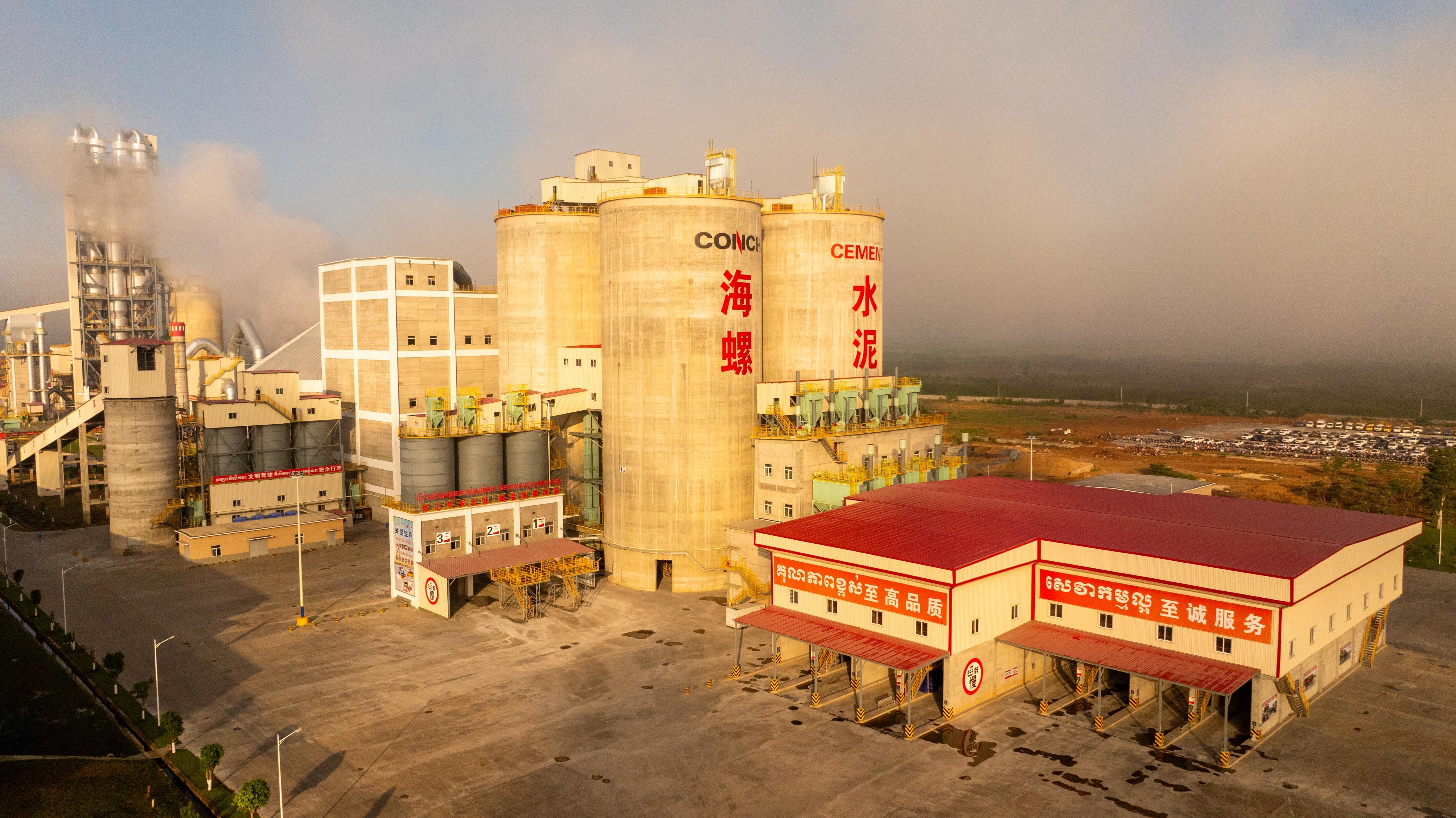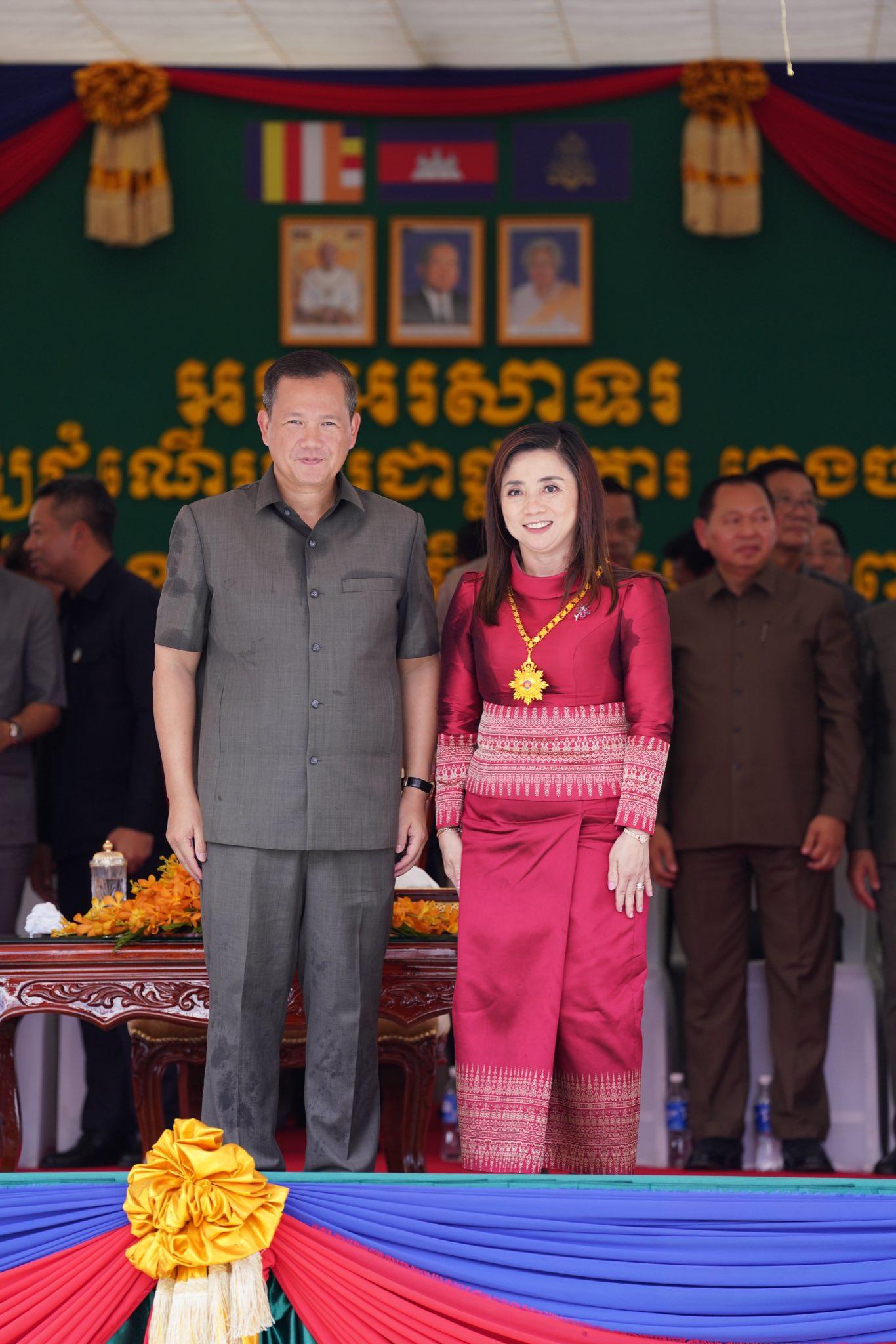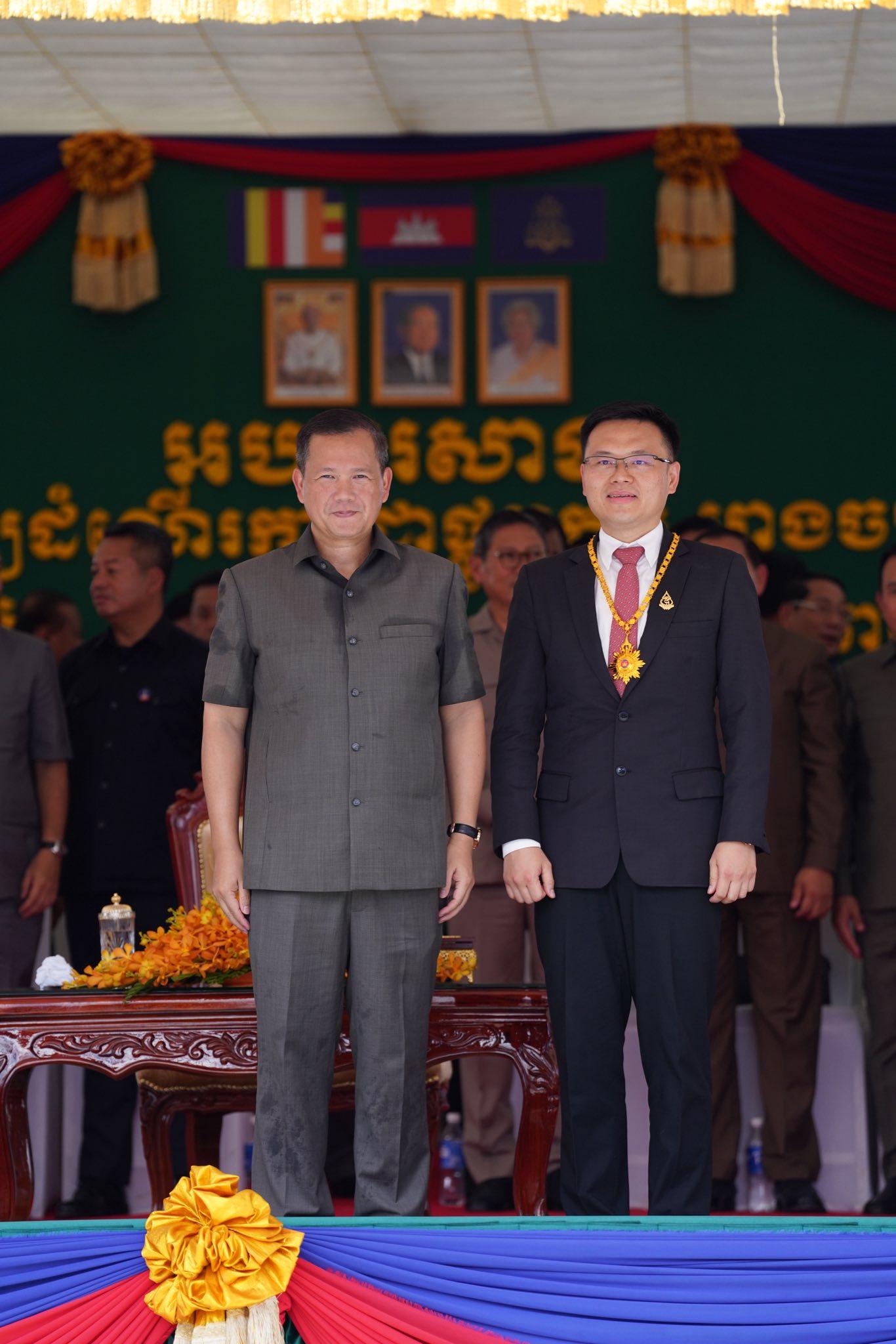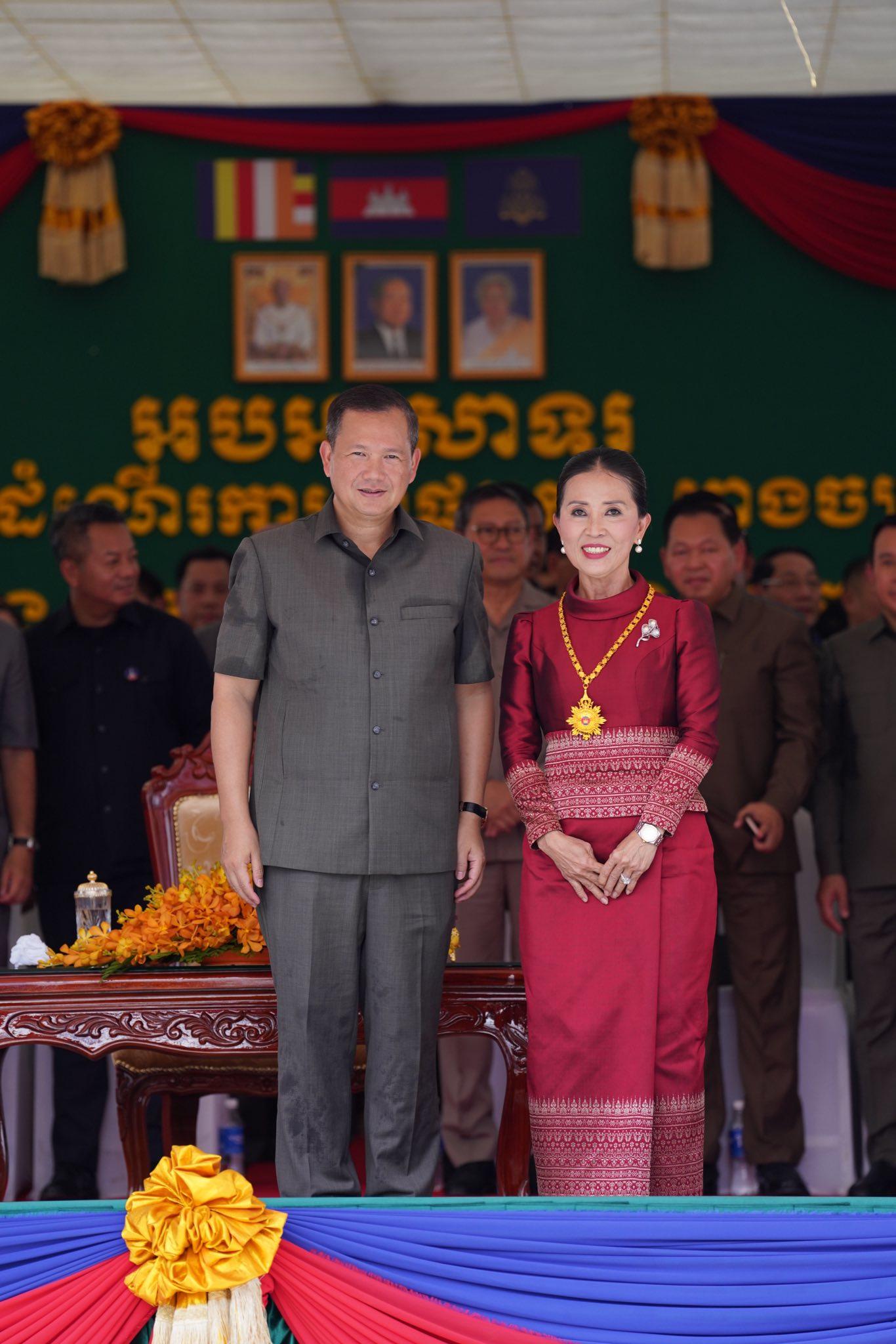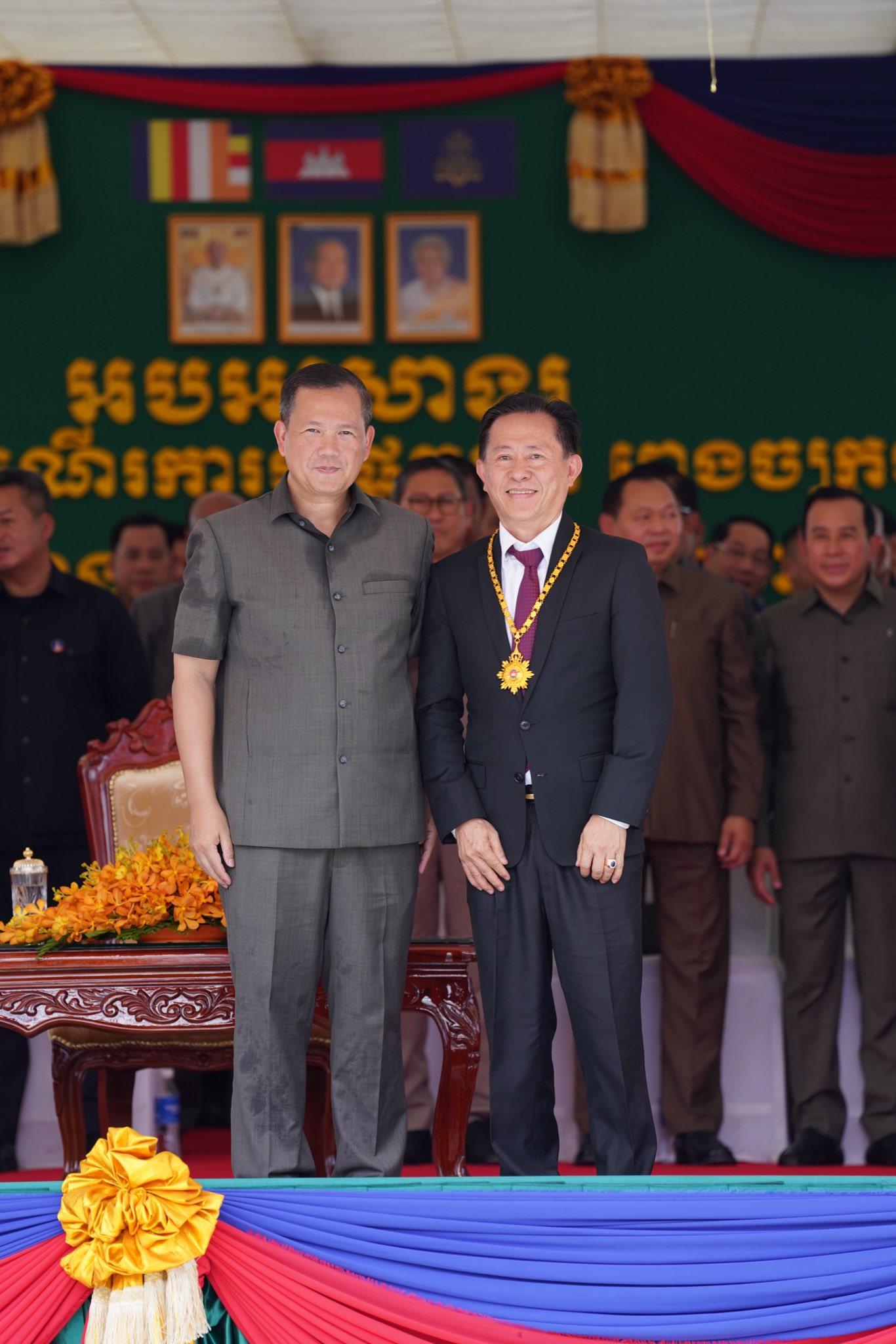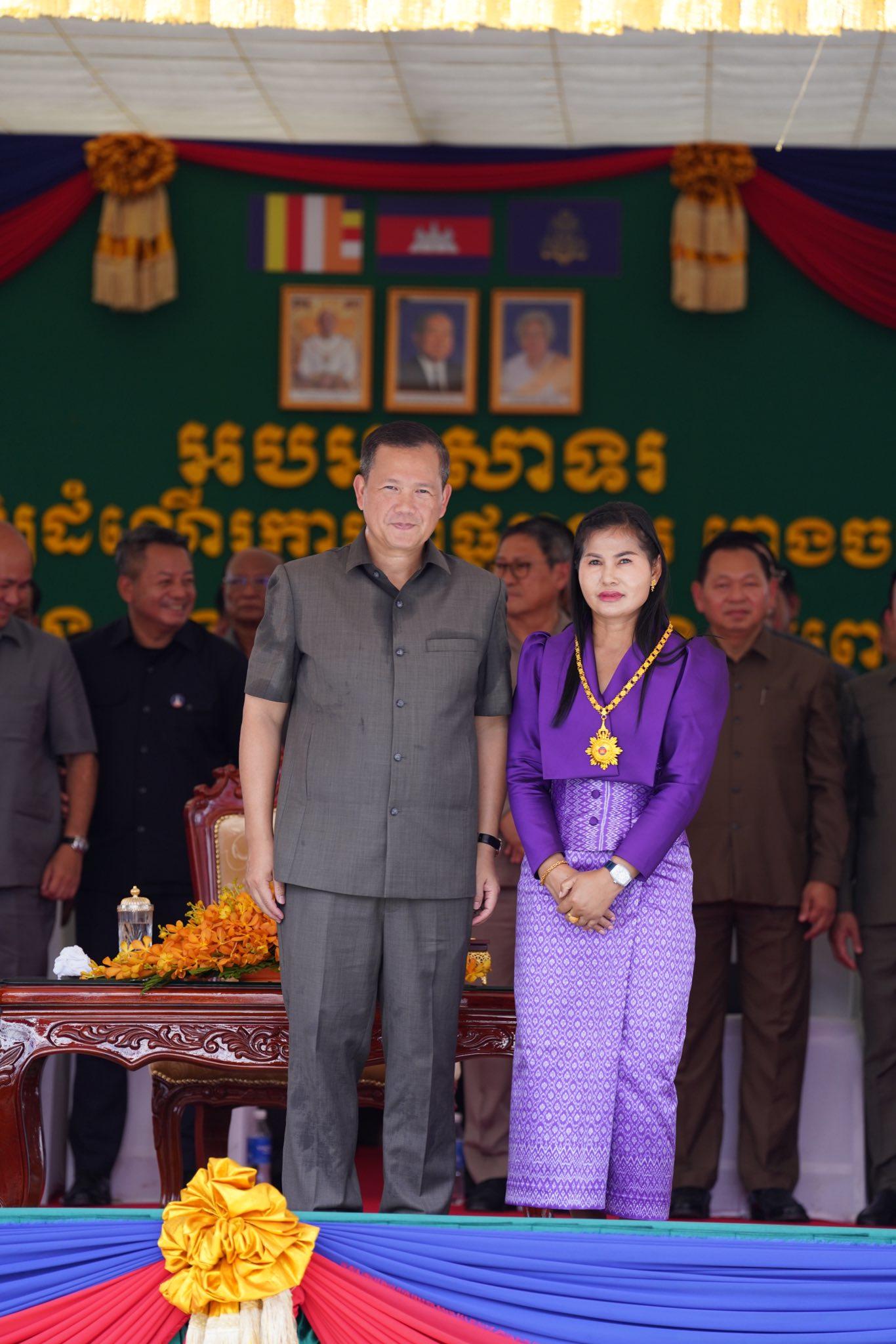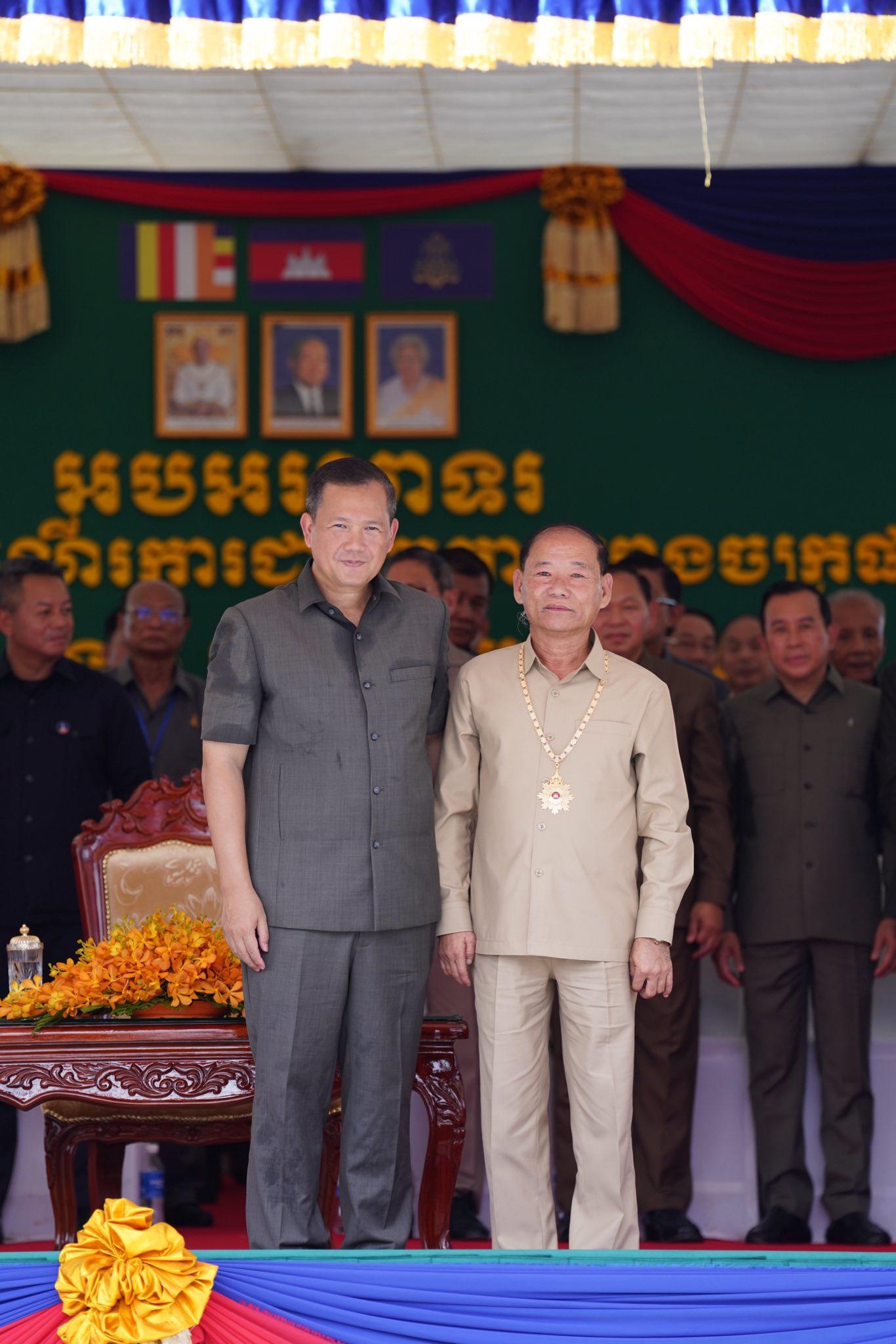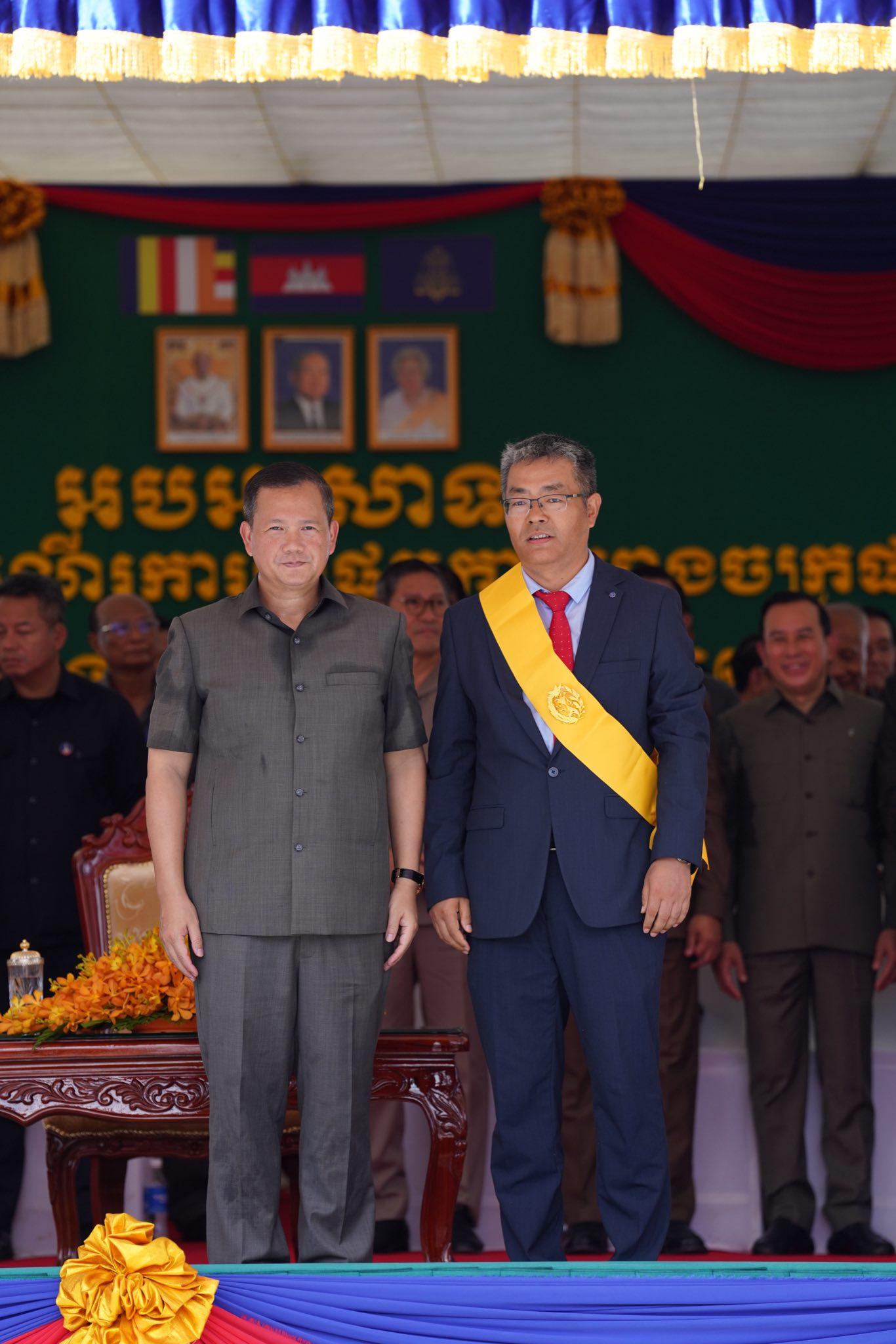(Phnom Penh): Cambodian Prime Minister Hun Manet called on the Ministry of Mines and Energy to review proposals and licenses for cement businesses in order to maintain a stable and competitive market and to prevent the collapse of companies within the sector.
The premier spoke on Tuesday (May 20) at an inauguration ceremony of the Conch KT Cement Factory in Oral District, Kampong Speu Province.
Samdech Thipadei Hun Manet recalled that Cambodia first began producing cement in 1961 during the socialist era. At that time, the country produced a substantial volume of high-quality cement. However, production was halted due to war. After 1979, operations resumed on a limited scale.
Samdech Thipadei noted that in the 1990s, the government opened the sector to private investment to boost domestic production. However, many of the factories were outdated and unable to meet modern standards, leading to their closure. By 2007, Cambodia was entirely reliant on cement imports.
Prime Minister Hun Manet explained that beginning in 2007, Cambodia started rebuilding its cement production capacity. Today, the country has six operational cement factories producing a combined 11 million tons annually, enough to fully meet domestic demand. In addition, over 30,000 tons were exported to Thailand last year. Samdech Thipadei highlighted this transformation, from a net importer to a self-sufficient producer and exporter, as a source of national pride.
The premier added that, given Cambodia’s current production capacity, the Cambodia Cement Manufacturers Association has expressed concern over the increasing number of business licenses being granted. The association warned that an oversupply of licenses could hinder the sector's ability to expand its market effectively.
Samdech Thipadei underscored, “In terms of overall management, in addition to the six cement factories currently in operation, there are four more that have already been granted licenses. We are now in the process of reviewing these licenses. Back in December, I met with the Cambodia Cement Manufacturers Association, and they requested support for the local cement industry, particularly for companies that are already producing. They raised concerns that too many licenses are being issued. Currently, these six factories are producing over 11 million tons of cement annually. Given the limited size of our market, issuing an excessive number of licenses could lead to fierce competition and hinder the sector’s growth.”
The premier continued, “I have instructed the Ministry of Mines and Energy to thoroughly review this issue. Of the four licenses under assessment, one is already operational and will be allowed to continue. Another, which has not yet begun operations, has been negotiated and the license revoked. The remaining two are still being evaluated to determine whether they should proceed. These are large-scale investments, each factory requires tens of millions of dollars. We are not overly concerned with small-scale investments, but for large-scale plants with production capacities involving over USD 50 million in capital, we must take the market’s ability to absorb these products into consideration. Therefore, we need to carefully assess how much room remains in the market.”
At the same time, Prime Minister Hun Manet urged the Ministry of Mines and Energy and the Cambodia Cement Manufacturers Association to continue working to identify and expand international markets for Cambodian cement exports. He also announced a five-year tax exemption for cement manufacturing plants to help lower the price of domestically produced cement.
Furthermore, Samdech Thipadei instructed the Ministry of Mines and Energy to continue collaborating with private sector partners in the mining industry to diversify domestic mineral production, reducing reliance on imports, boosting exports, creating new jobs, and increasing national revenue. He expressed strong support for the Ministry’s efforts to implement transparent mechanisms for collecting legal revenue for the state and ensuring fair market competition.
=FRESH NEWS
